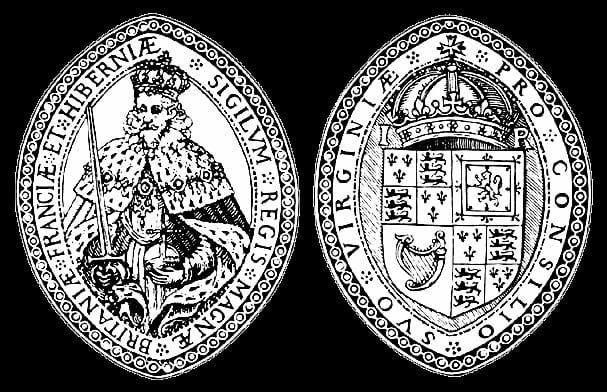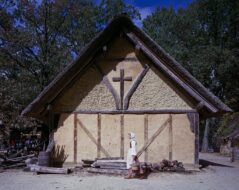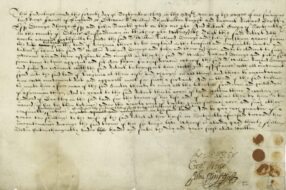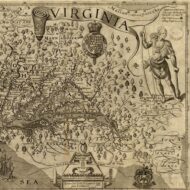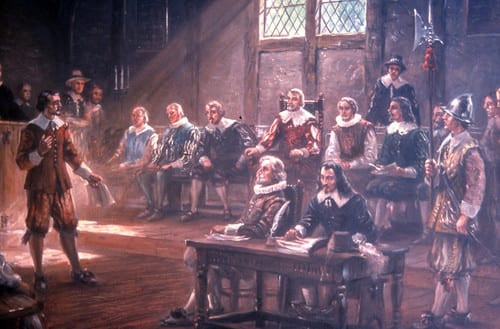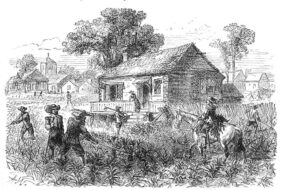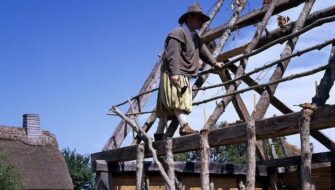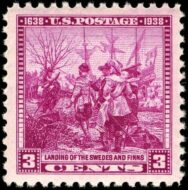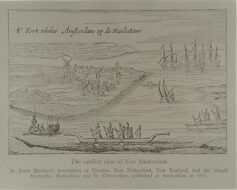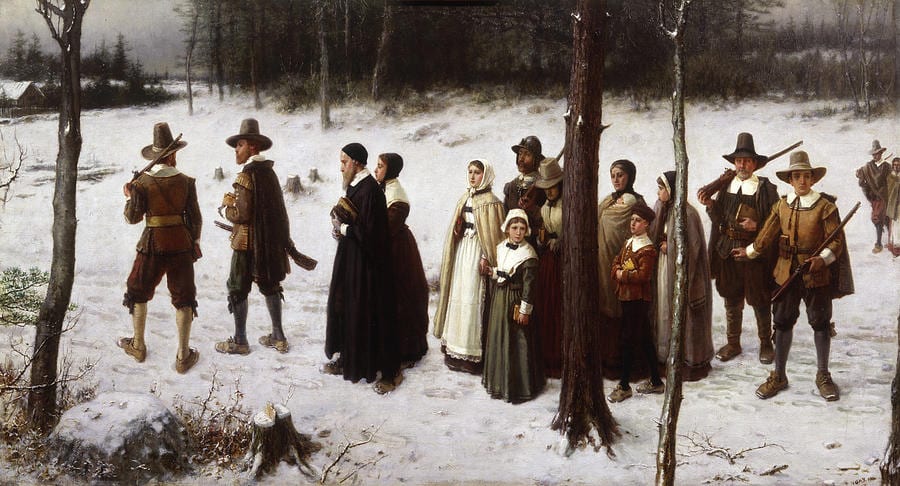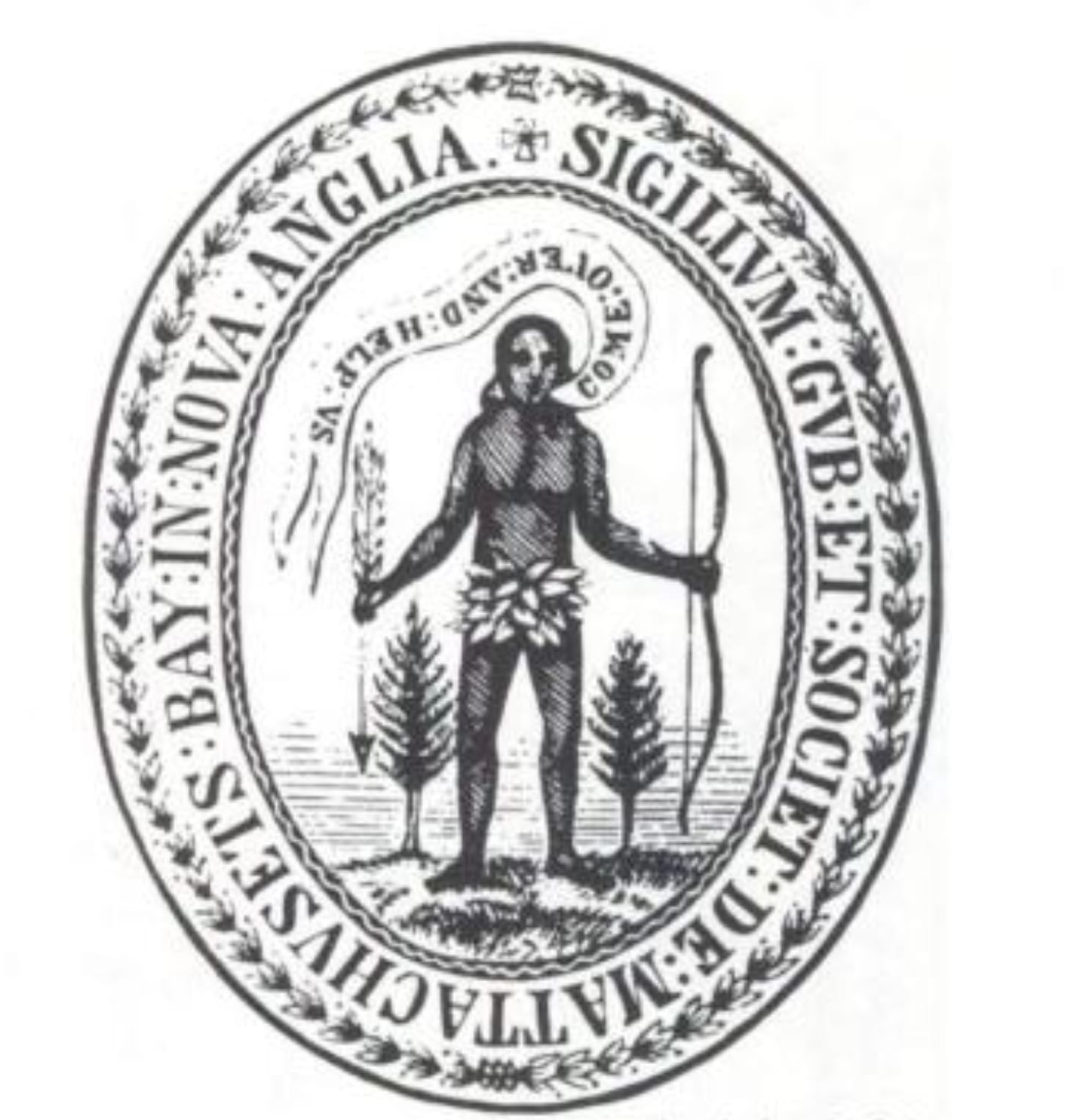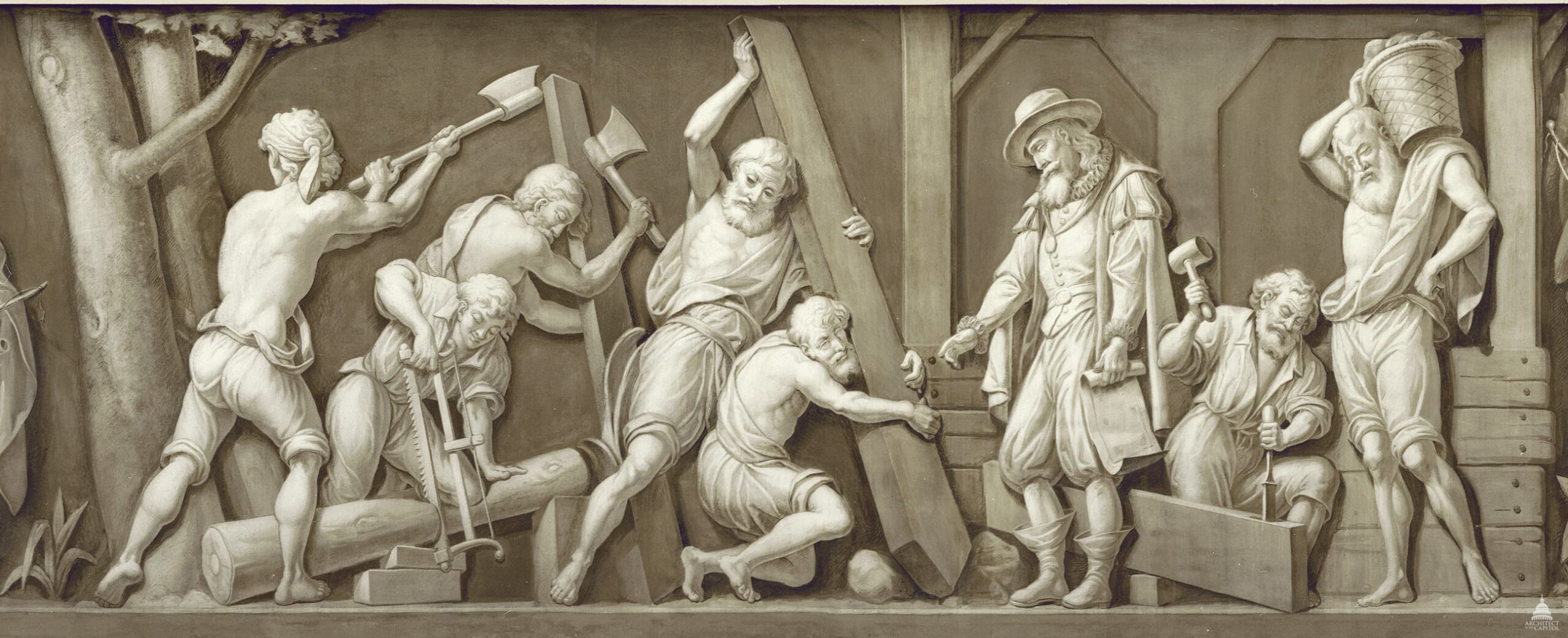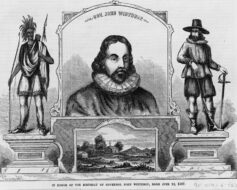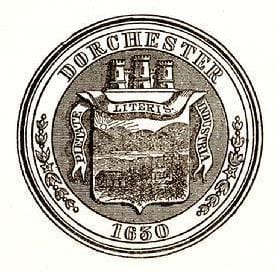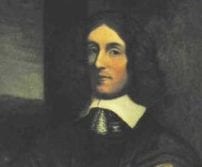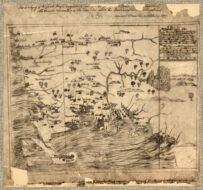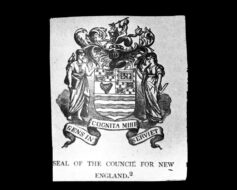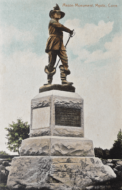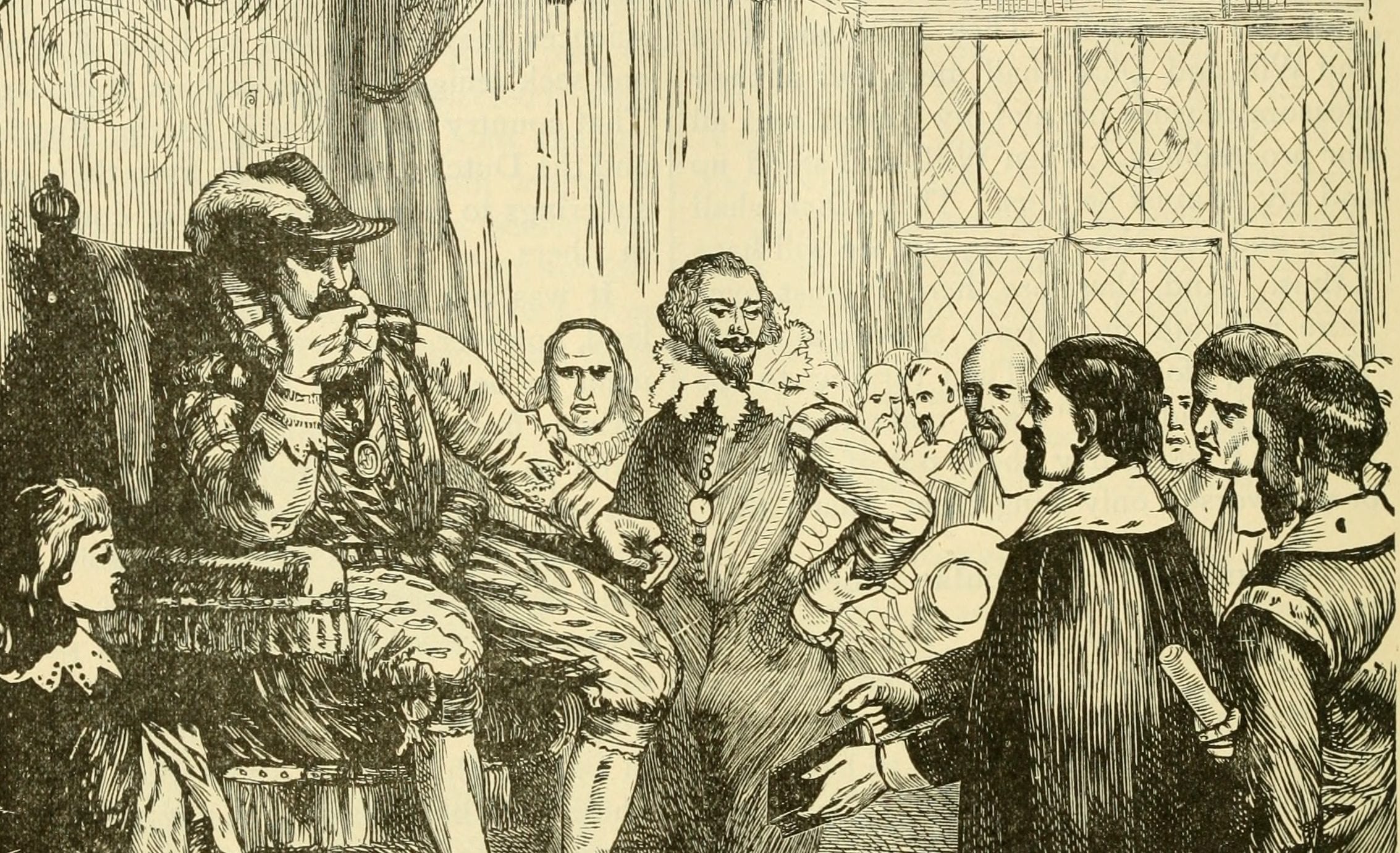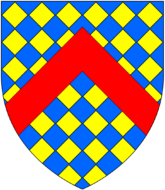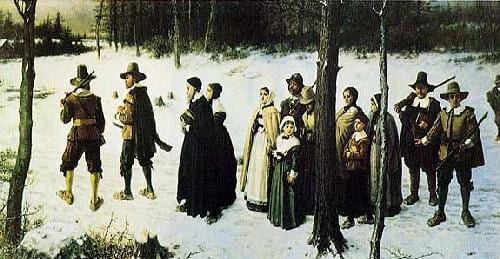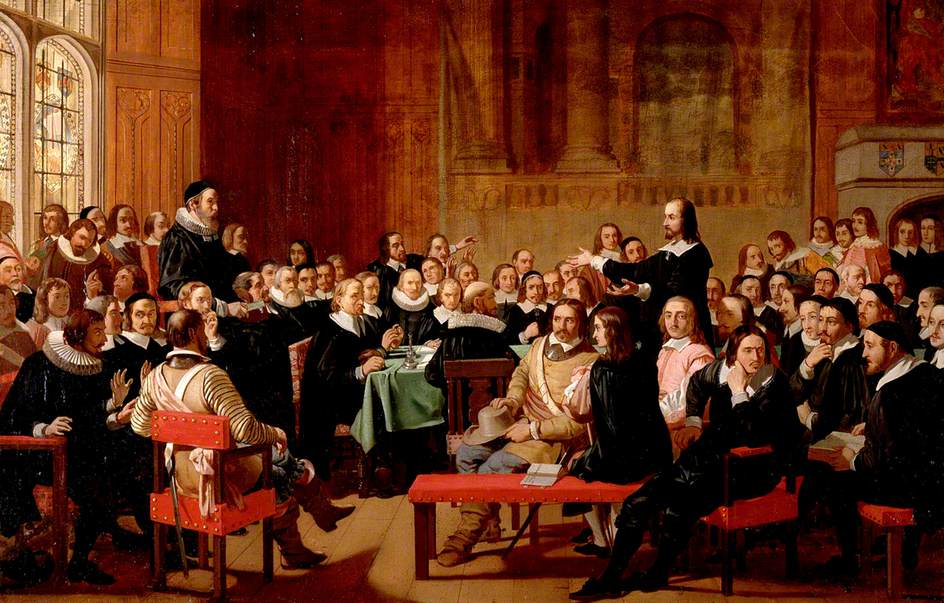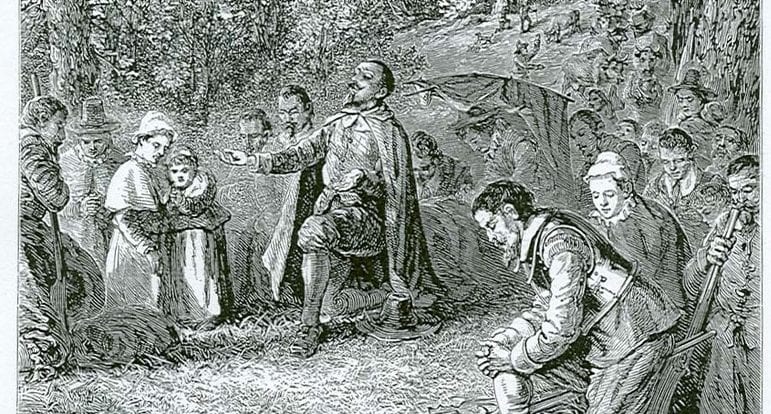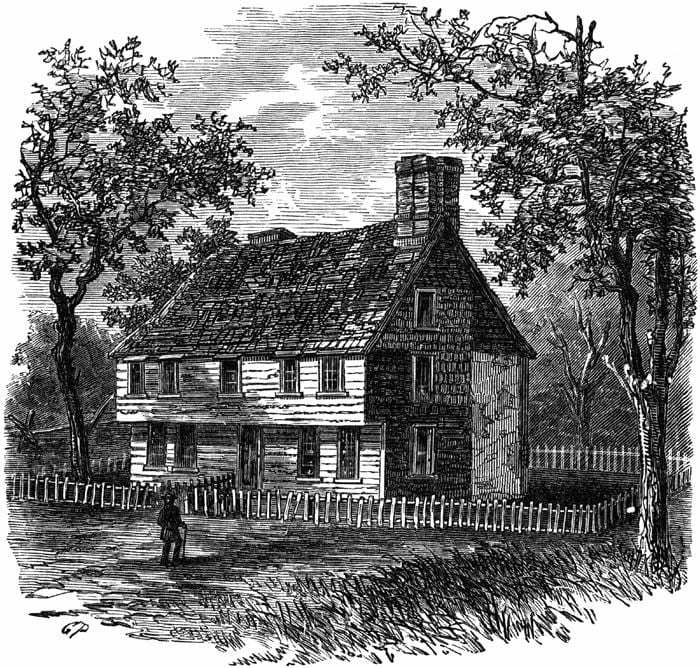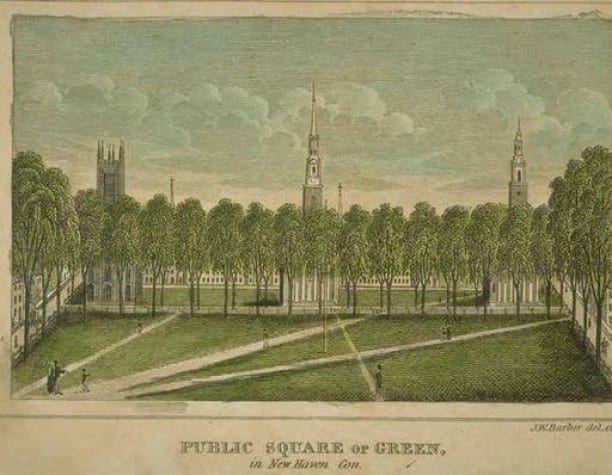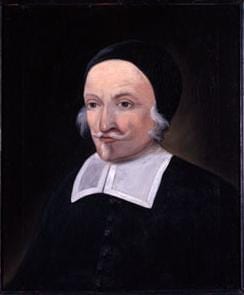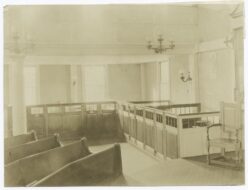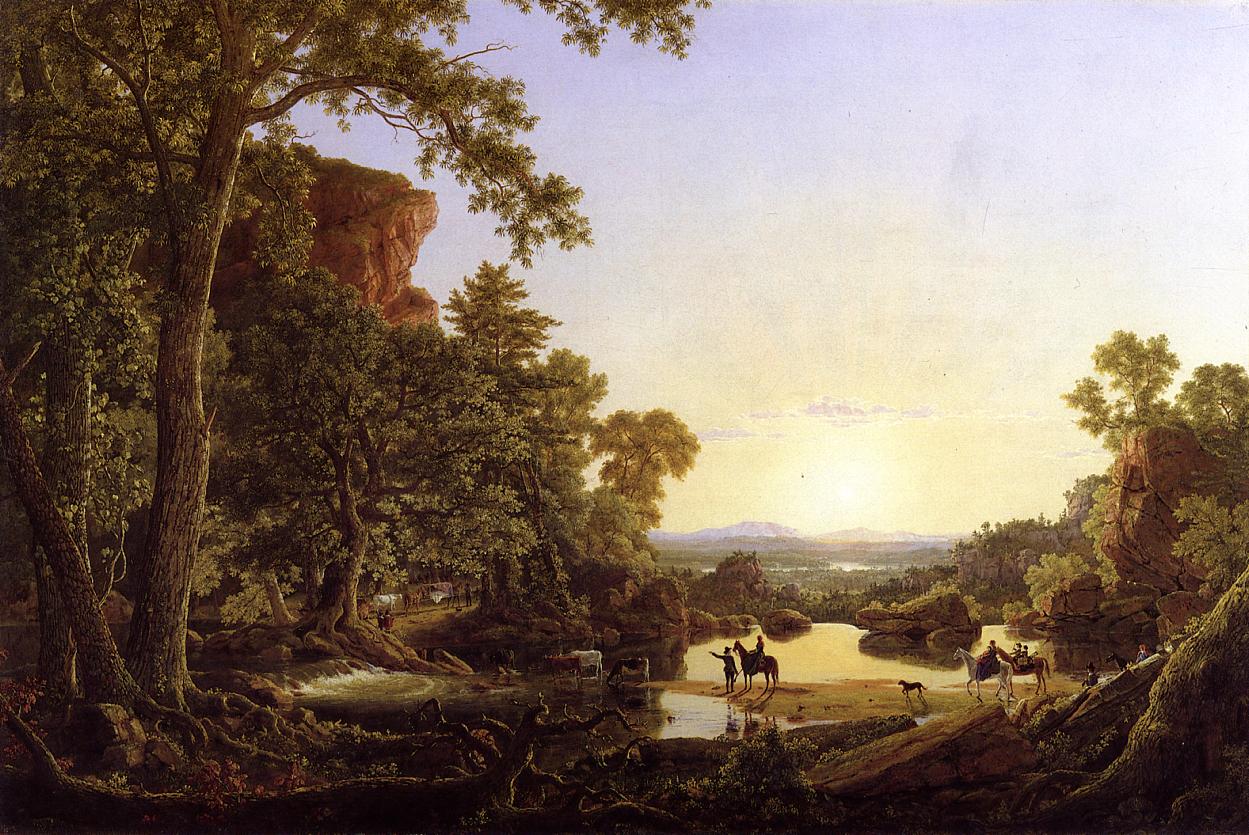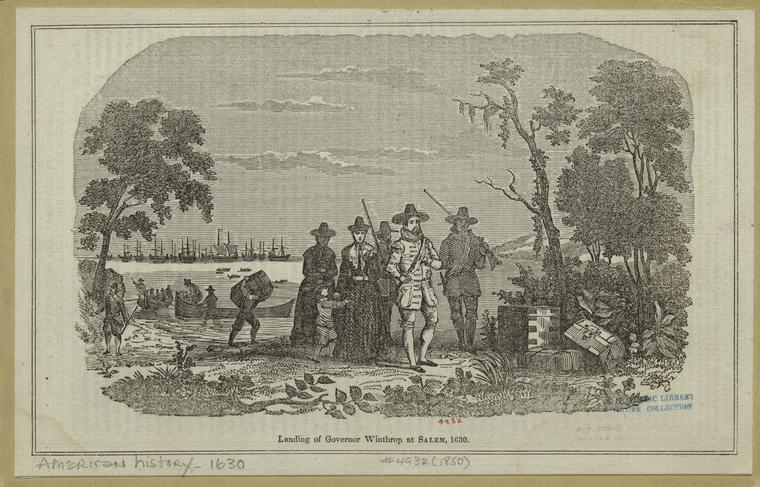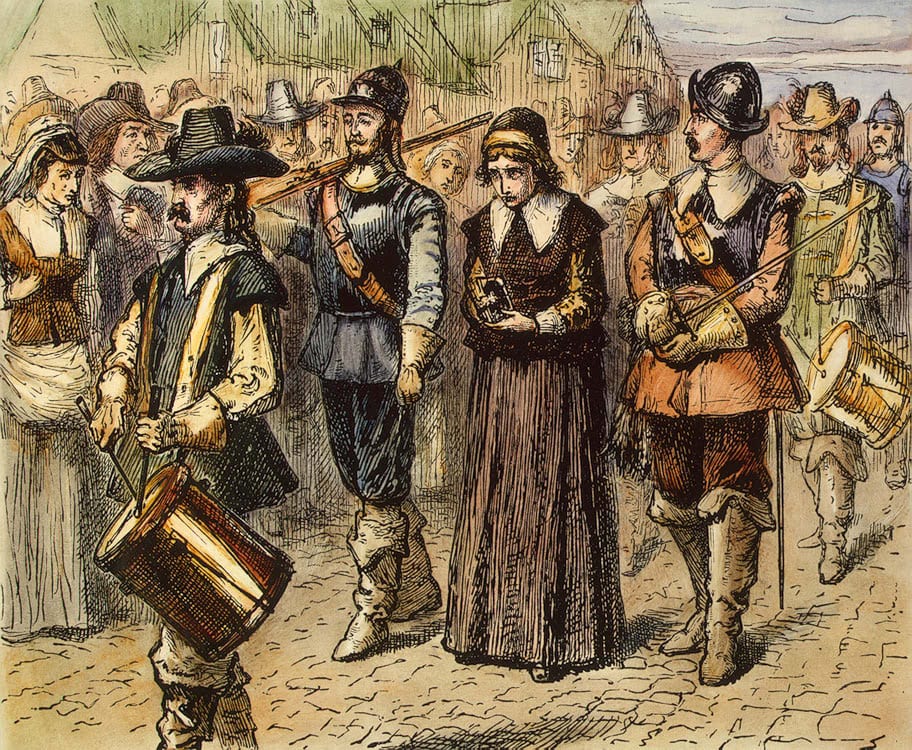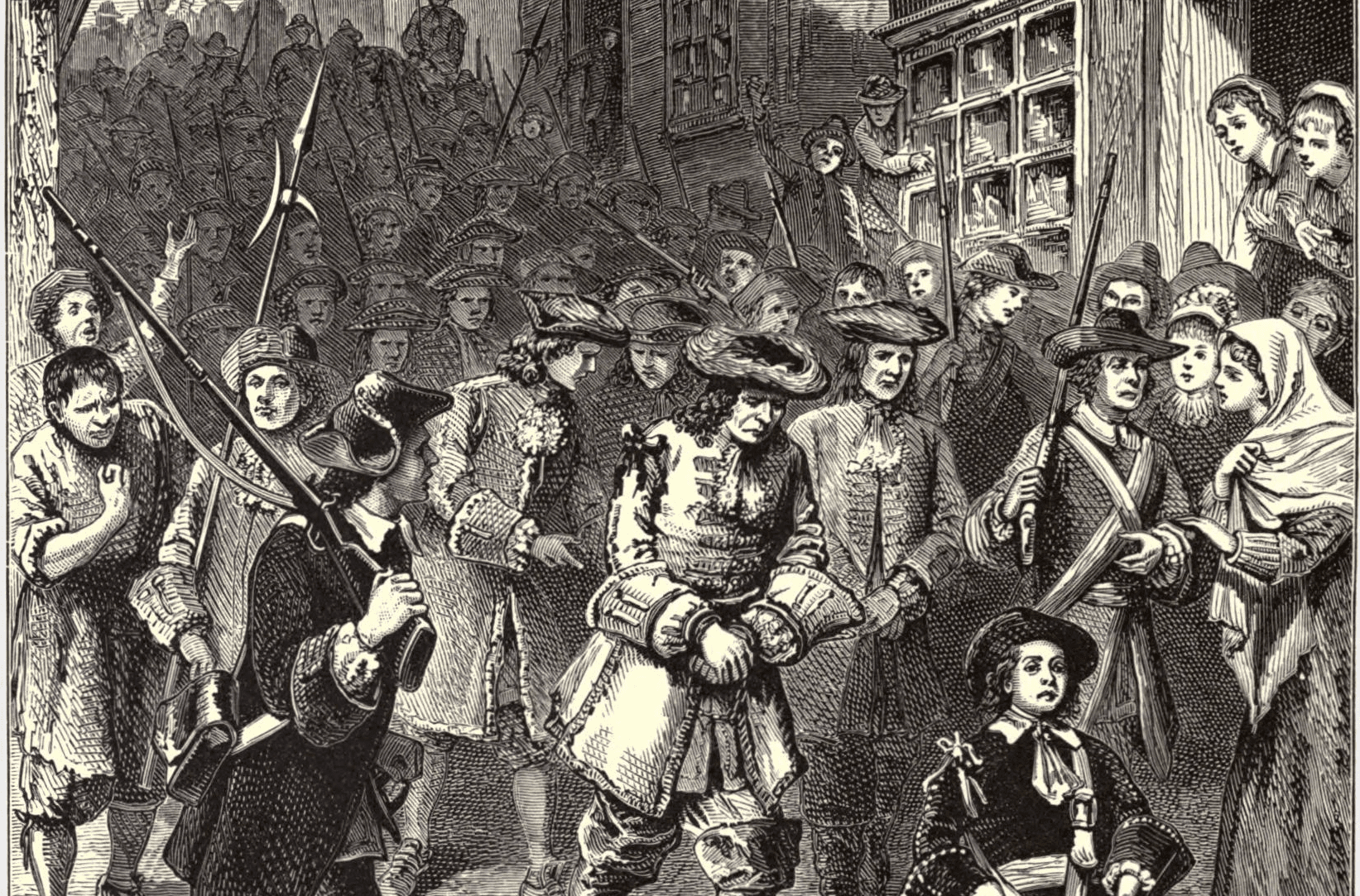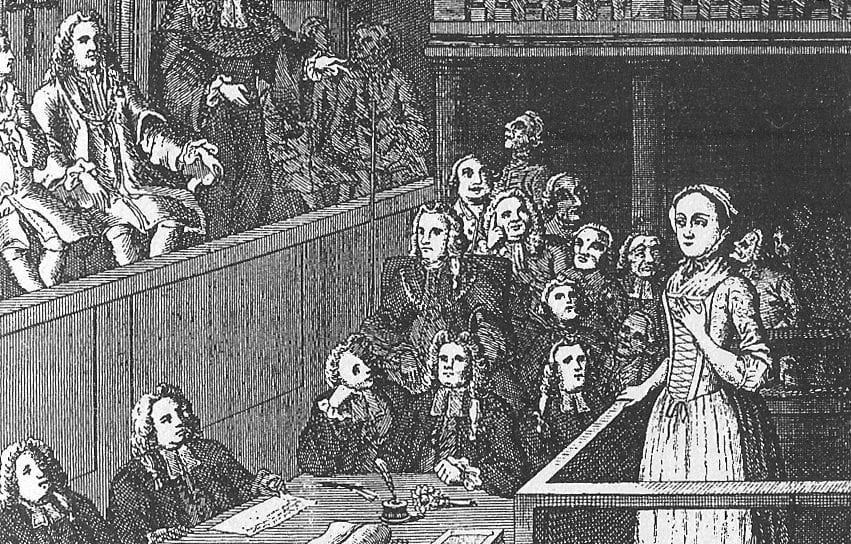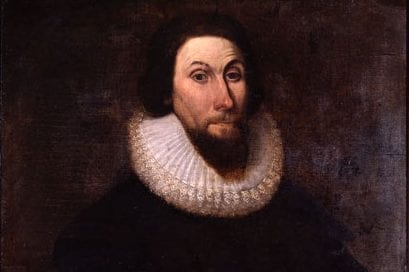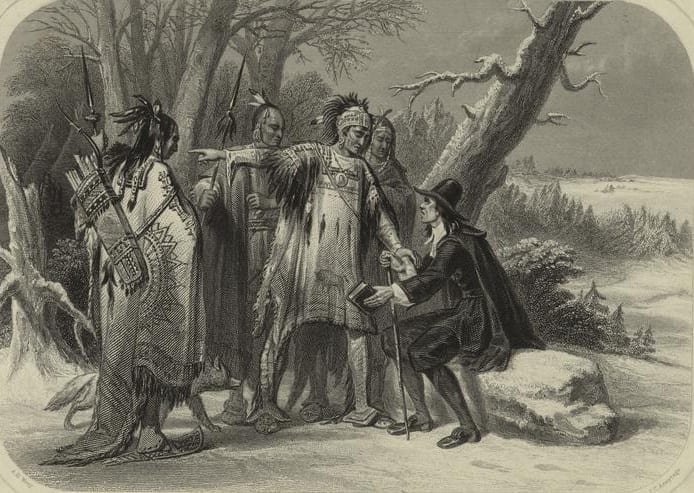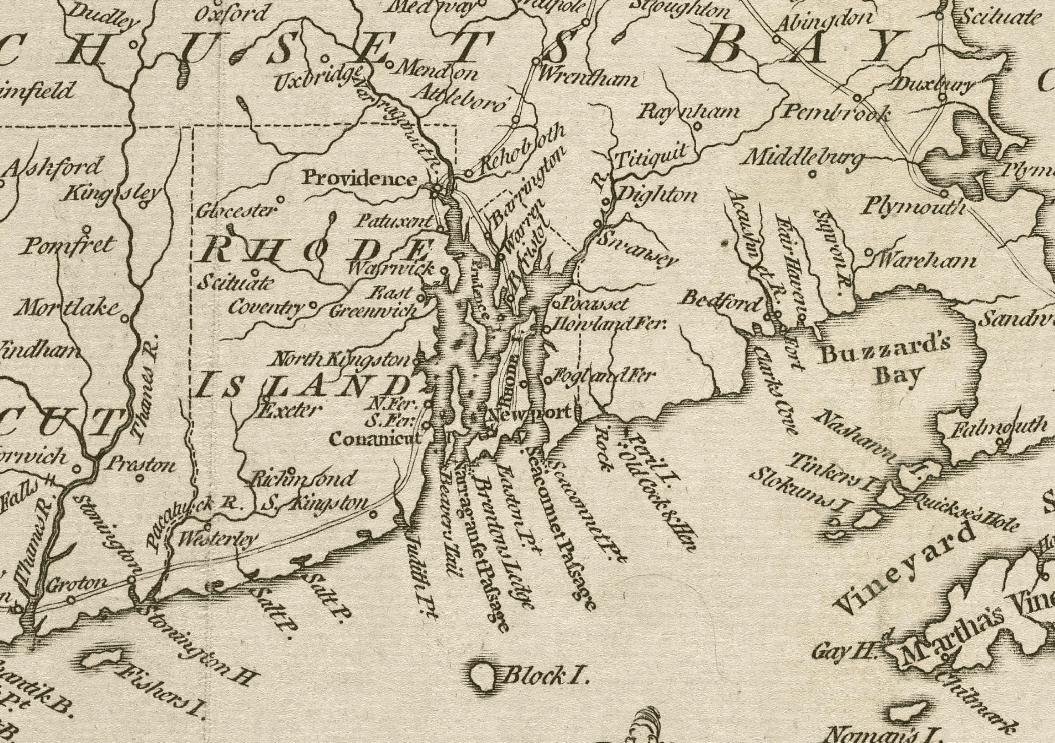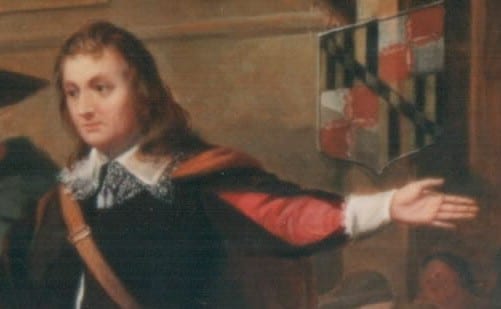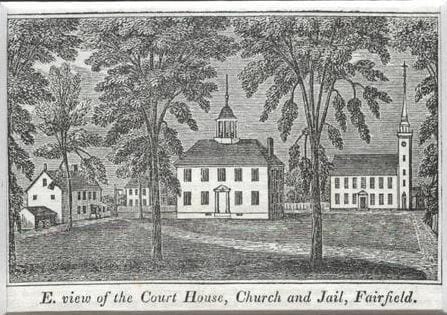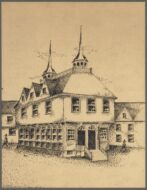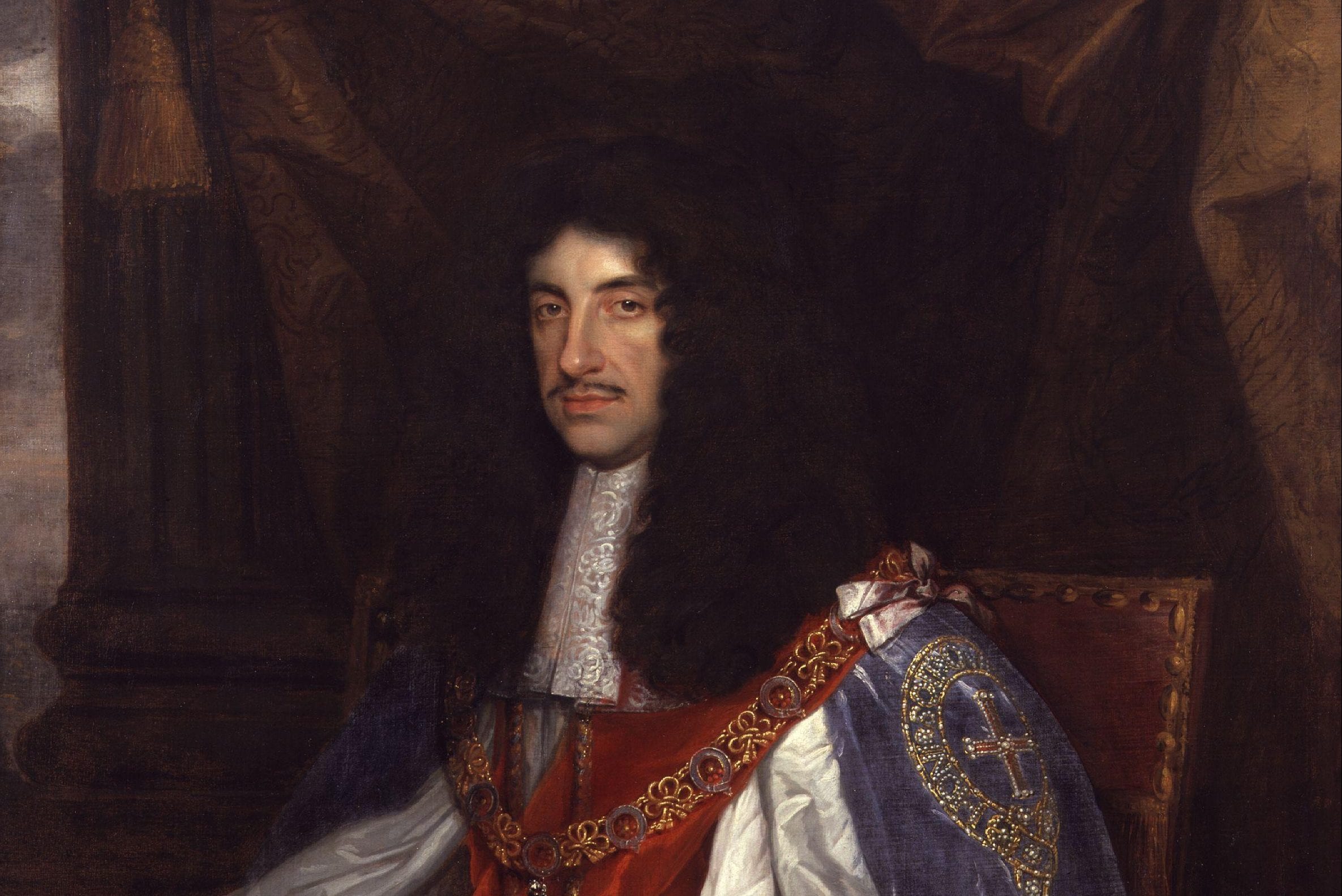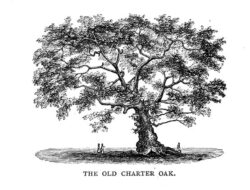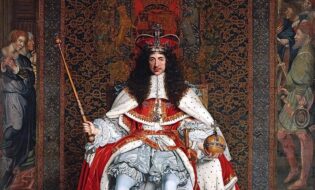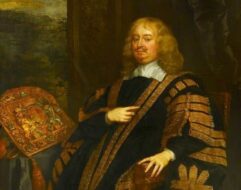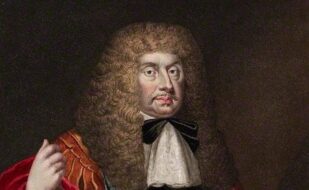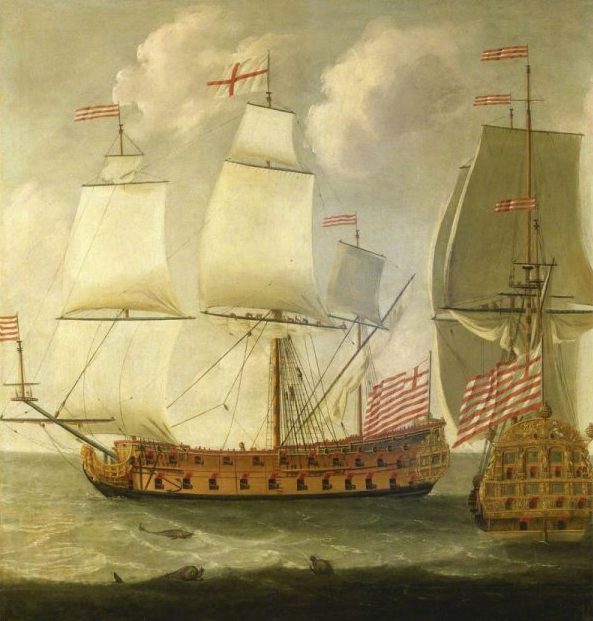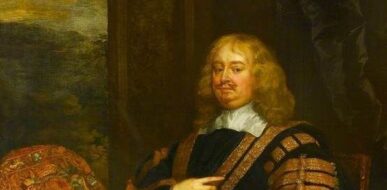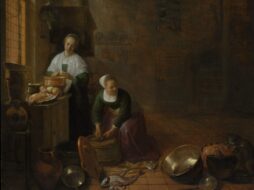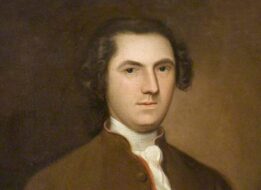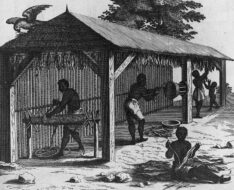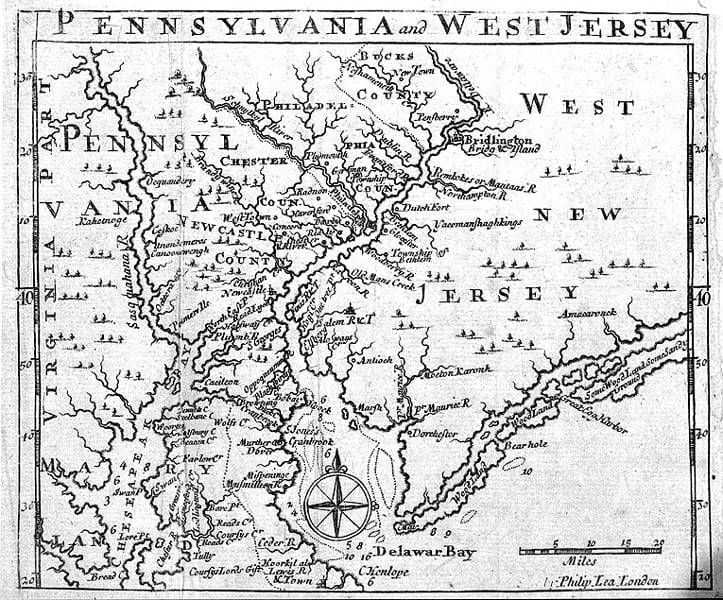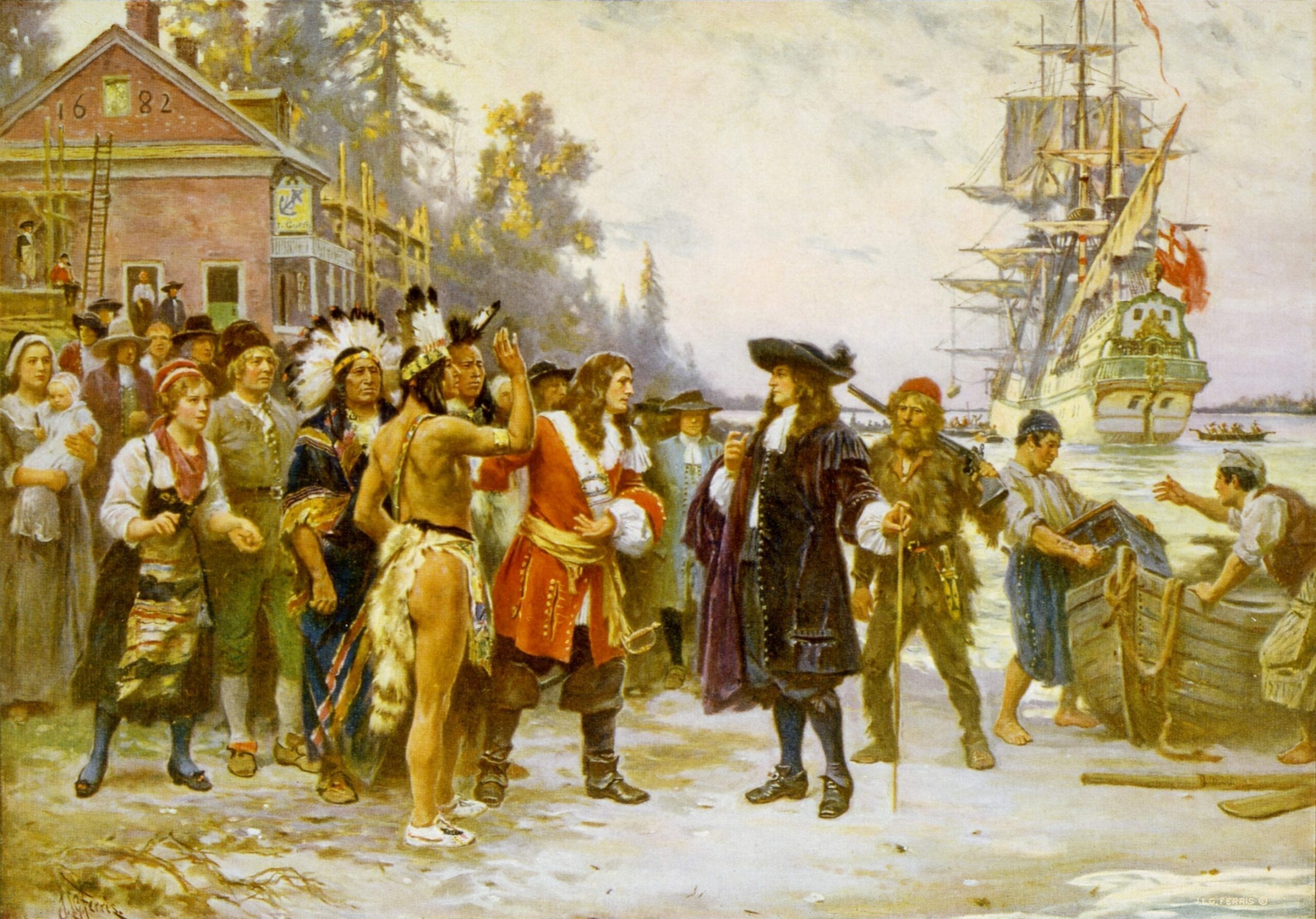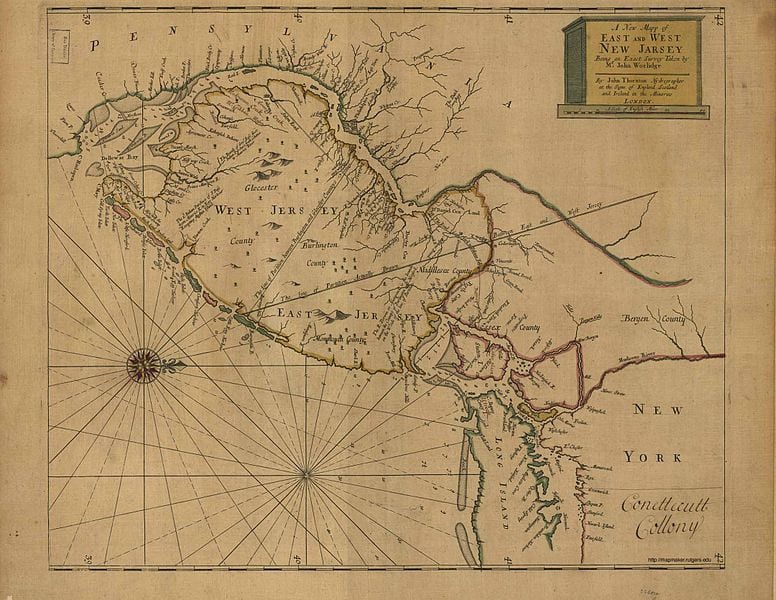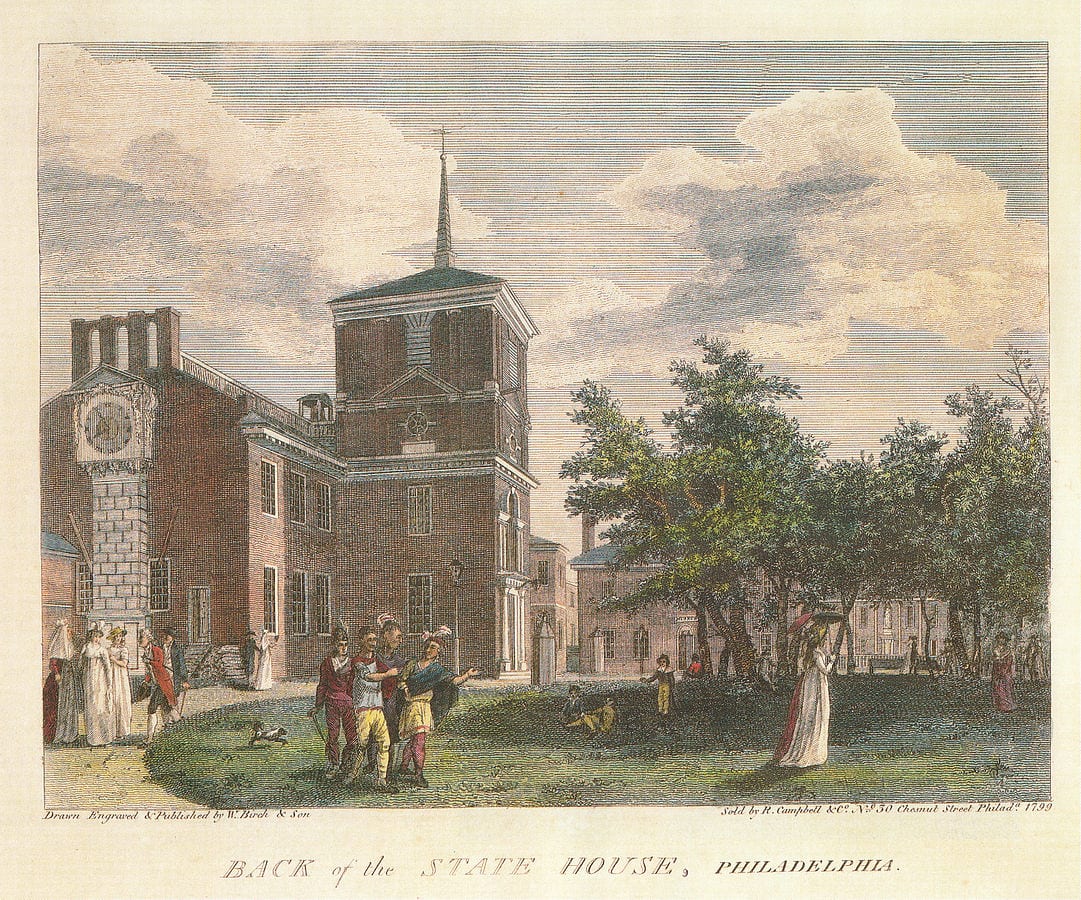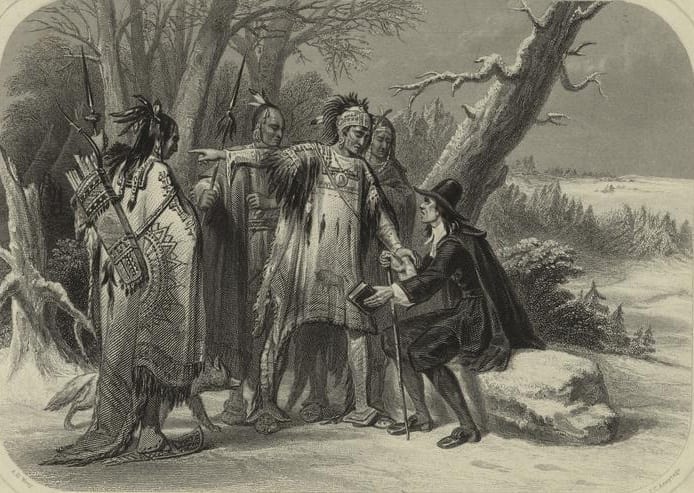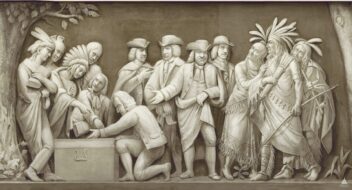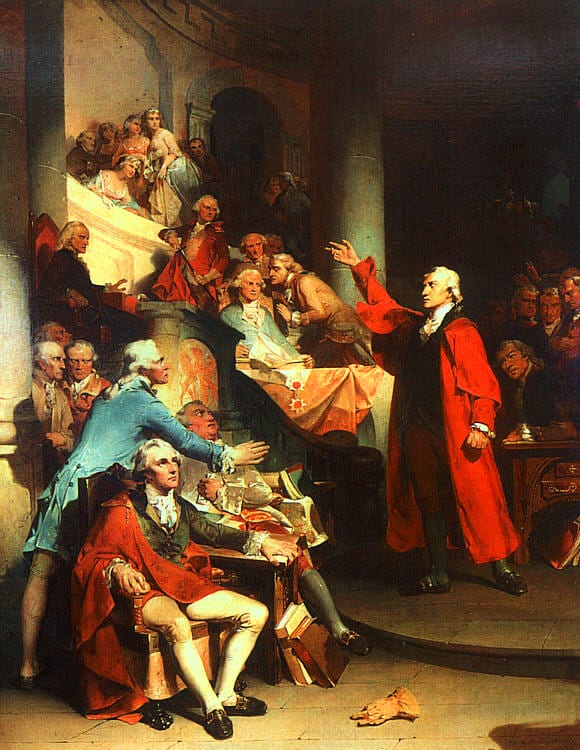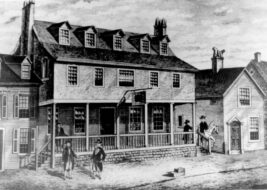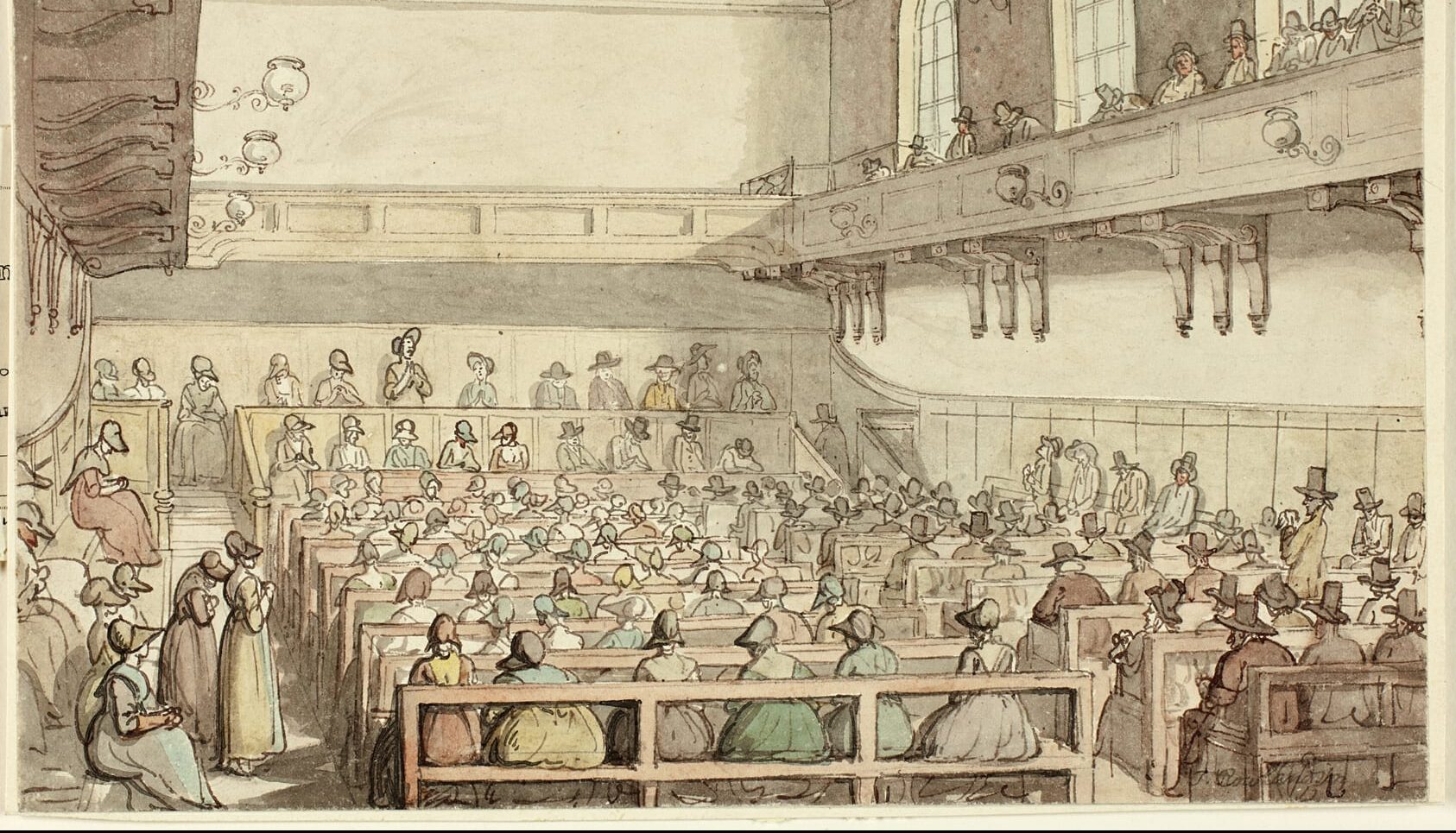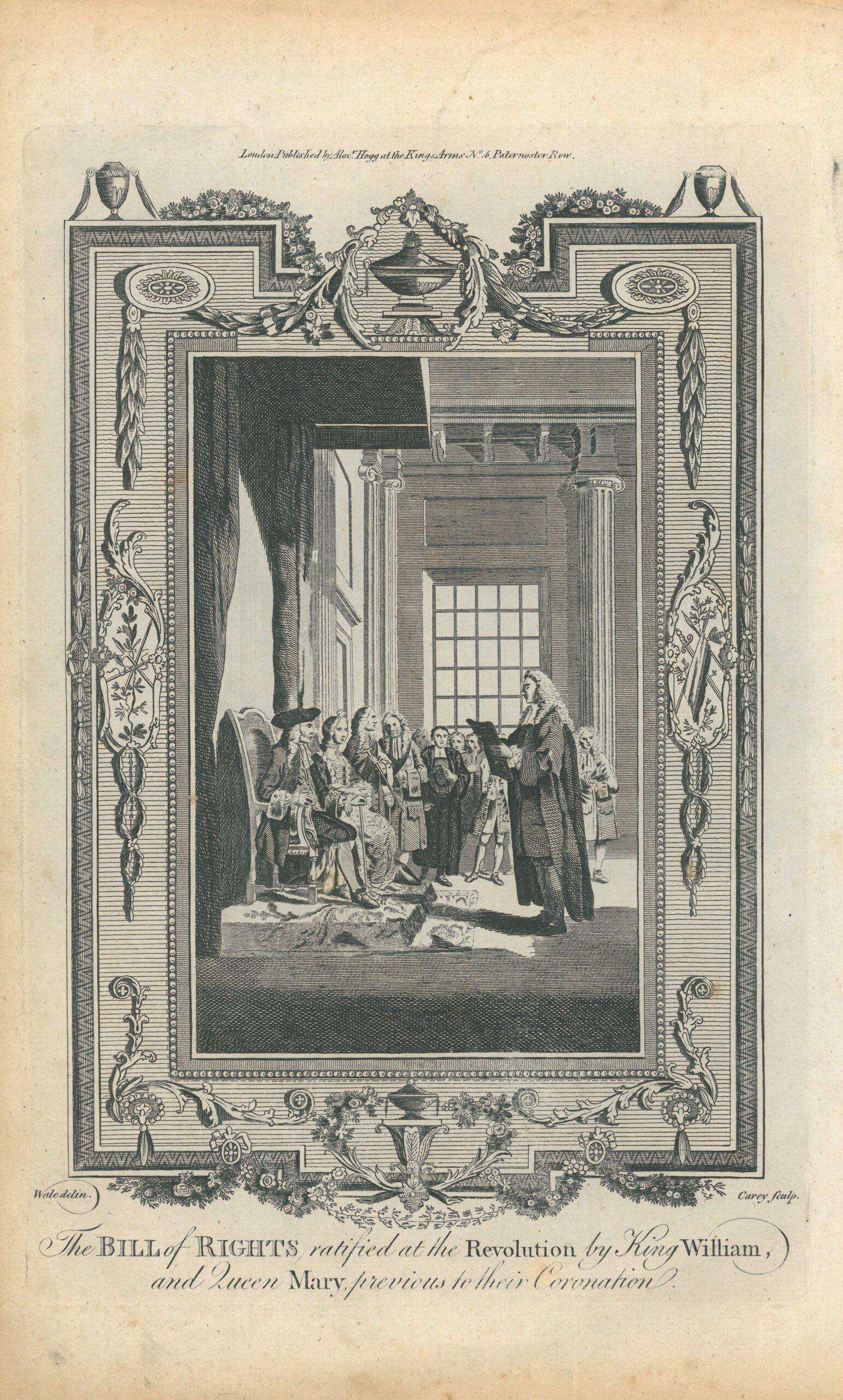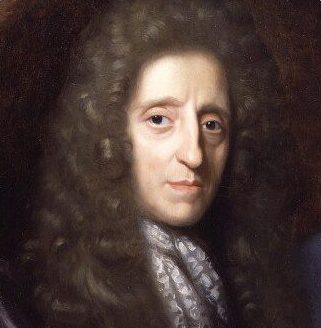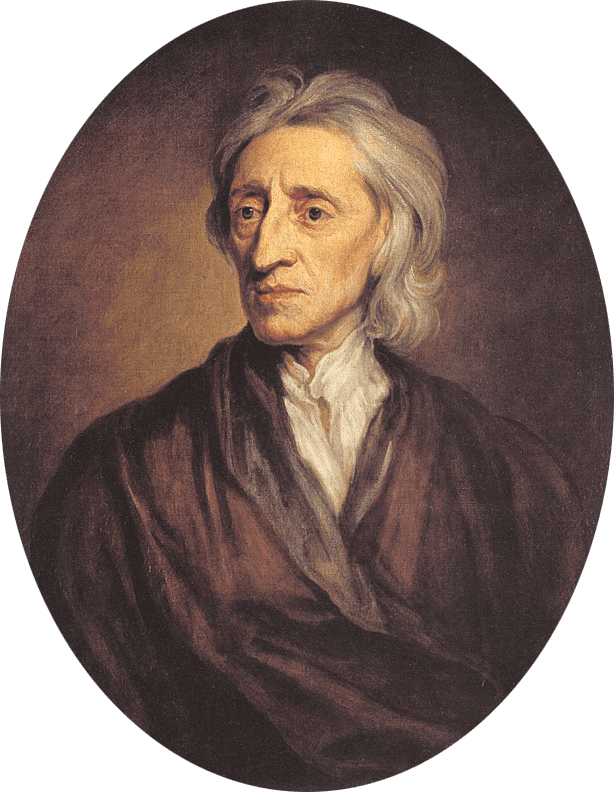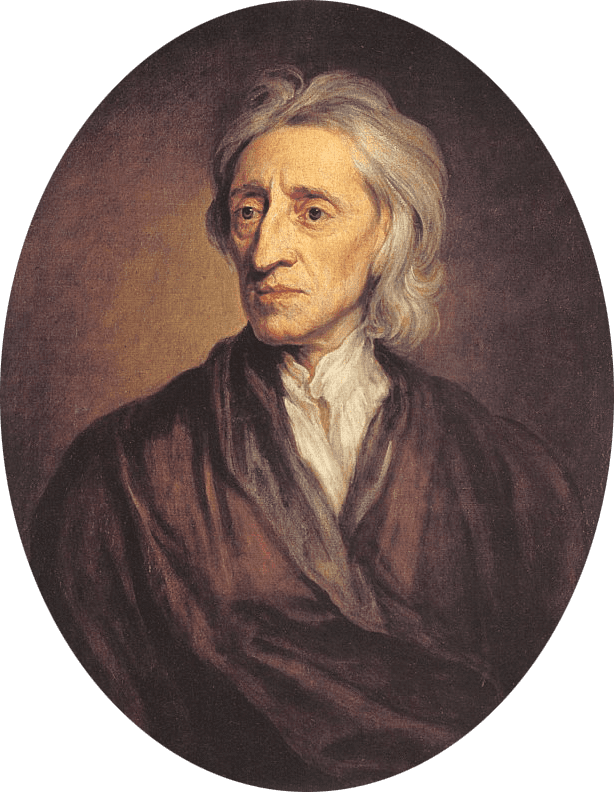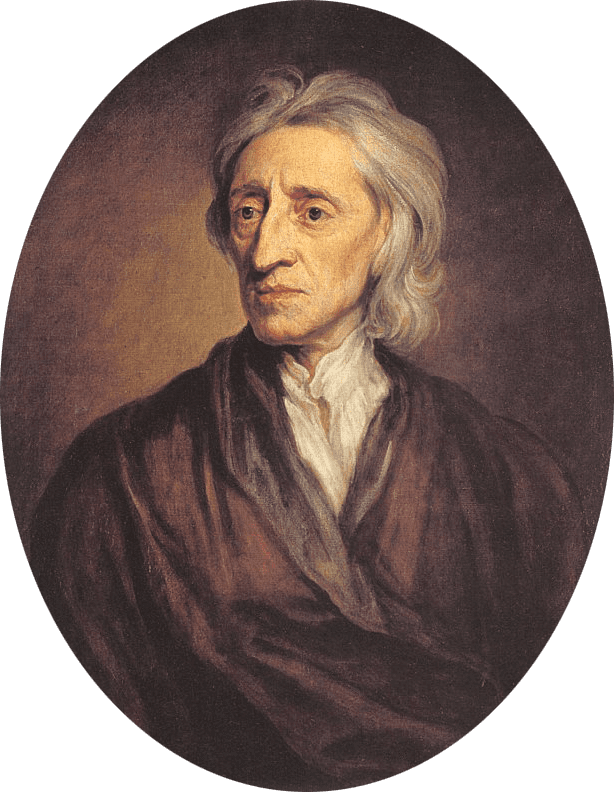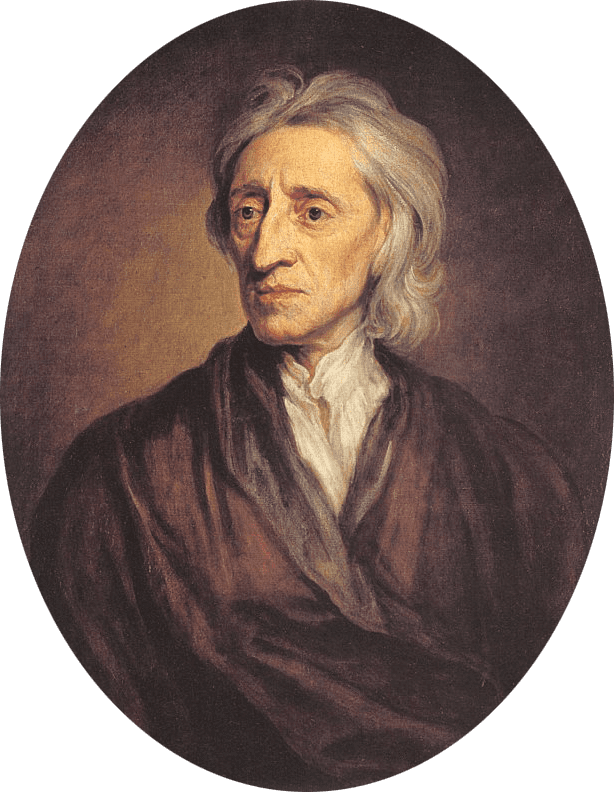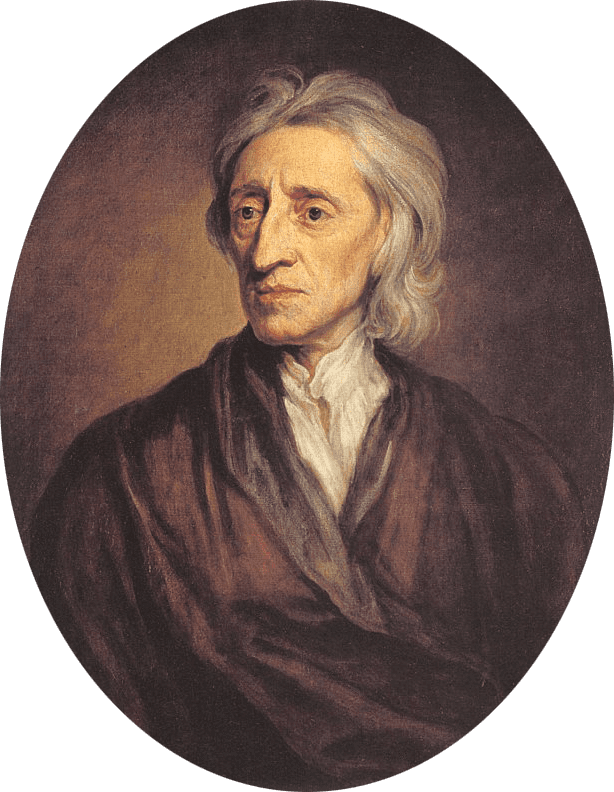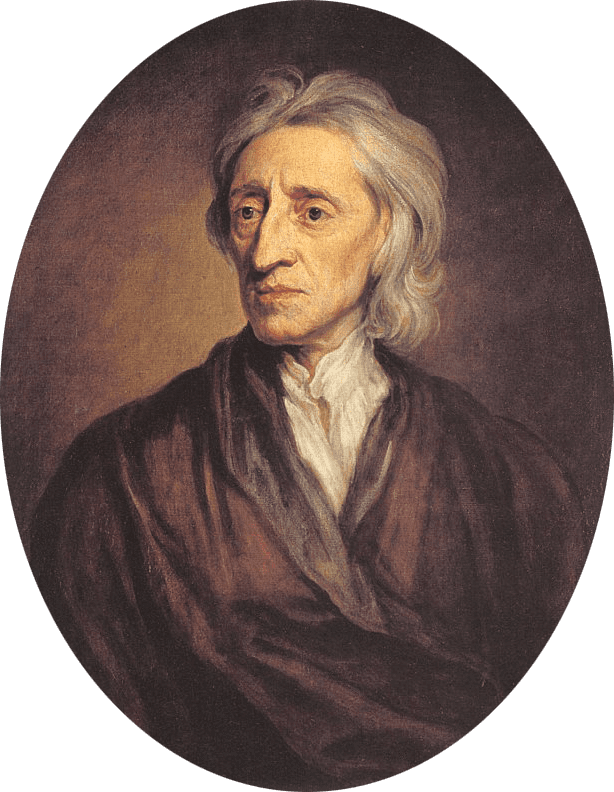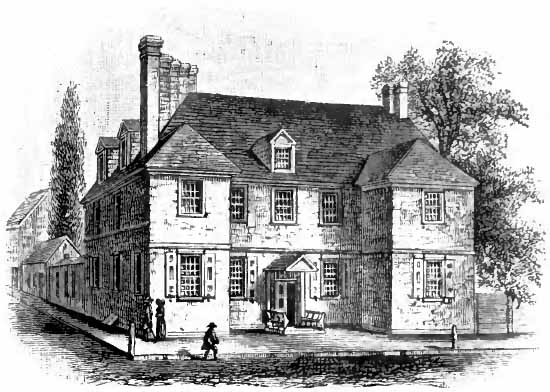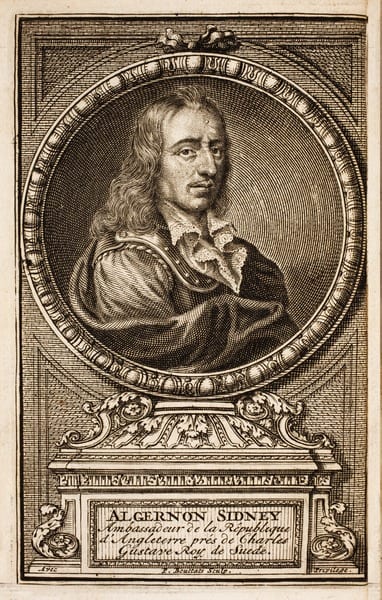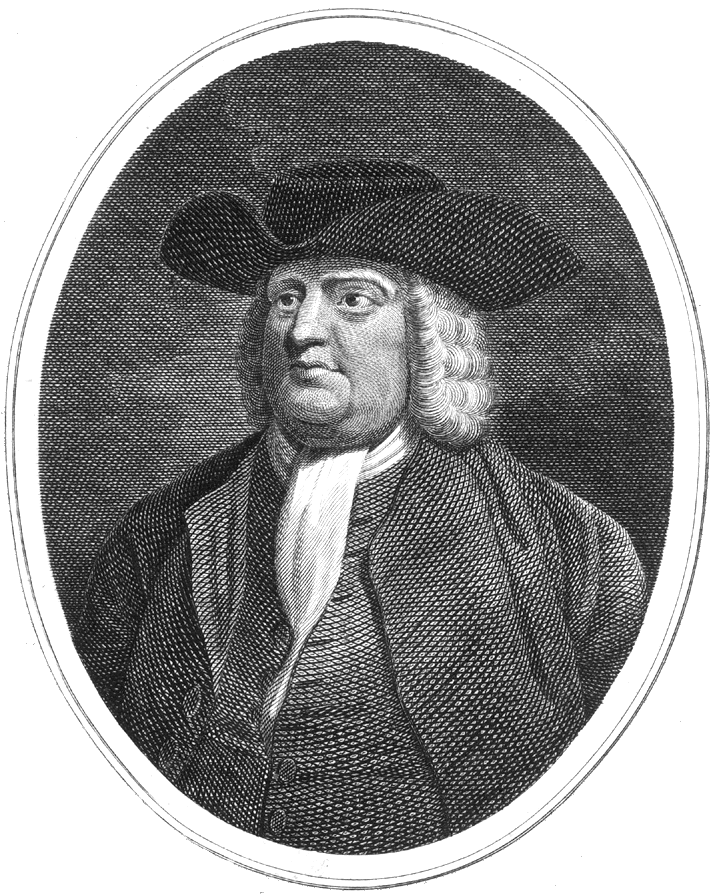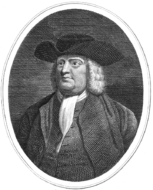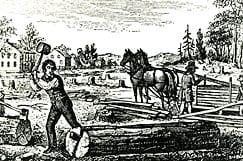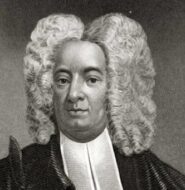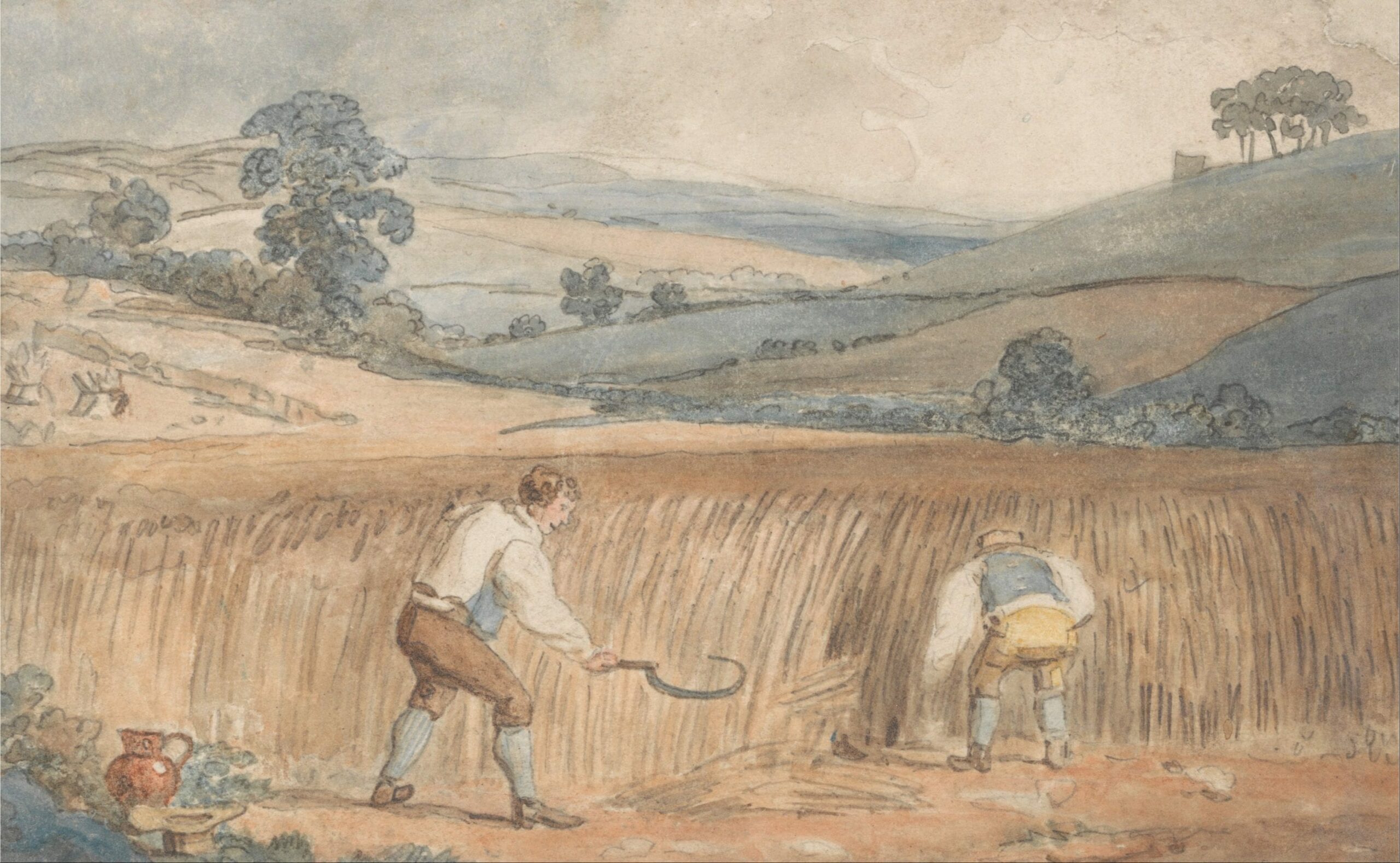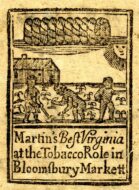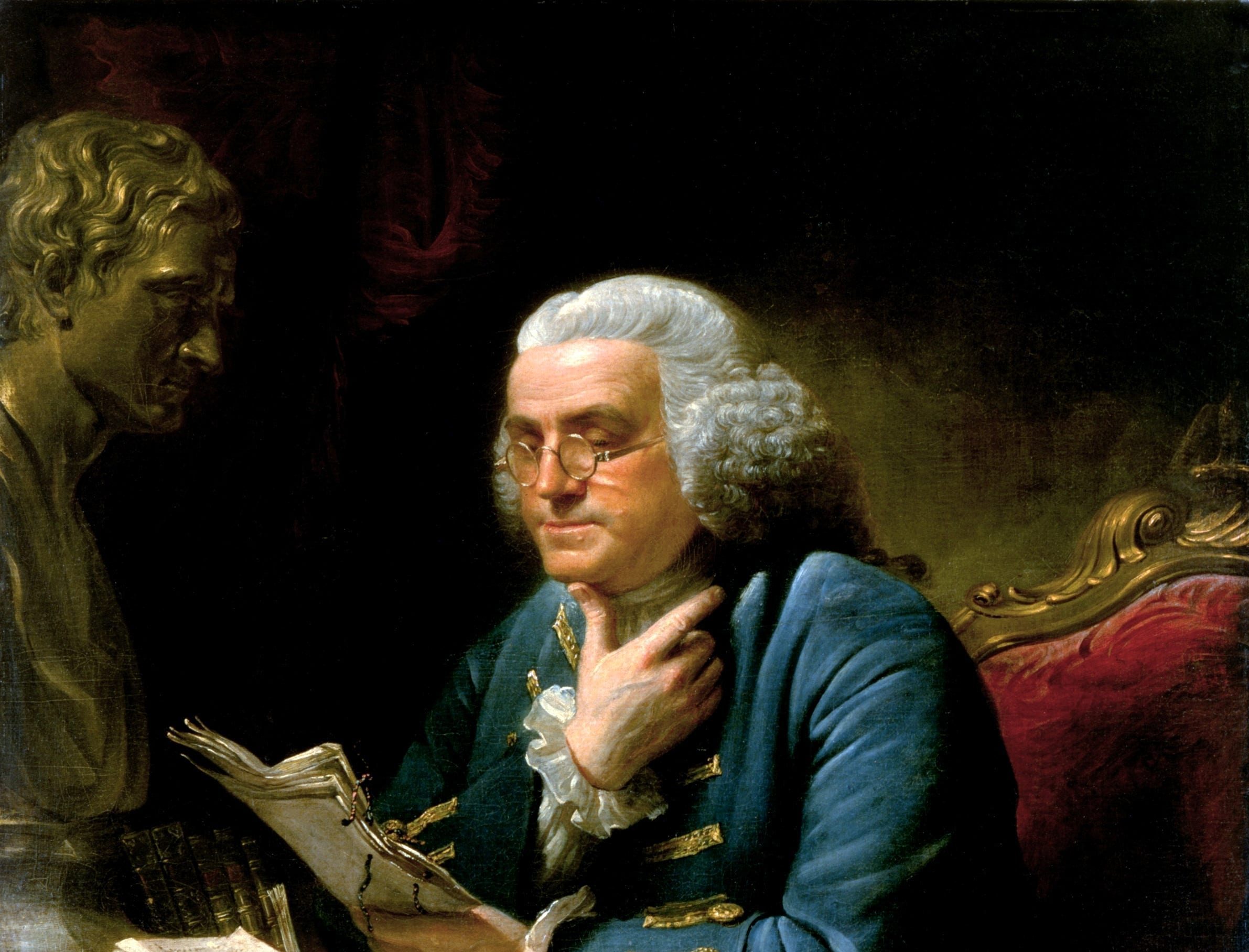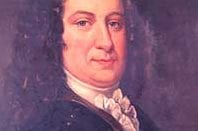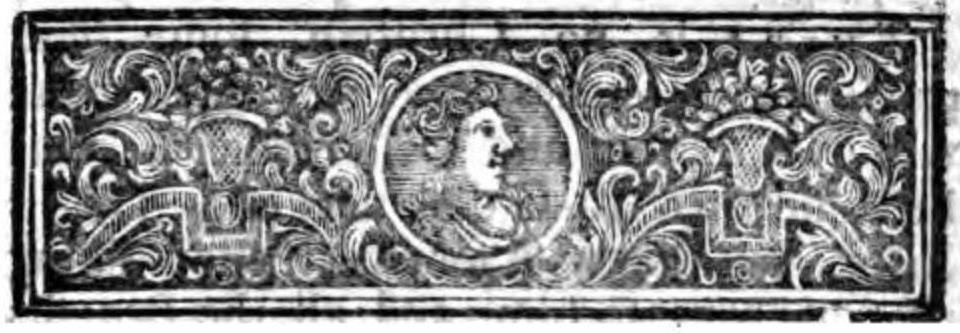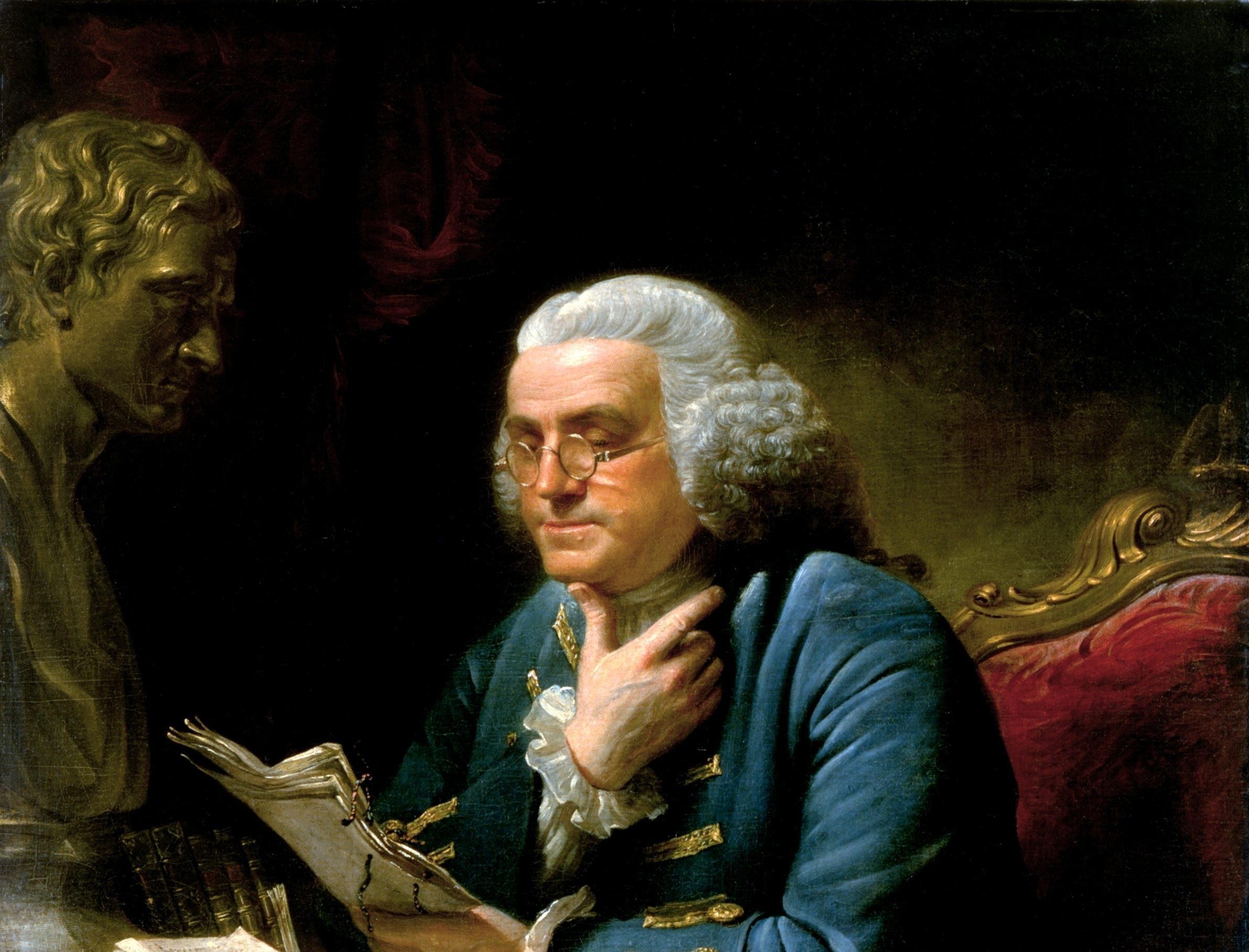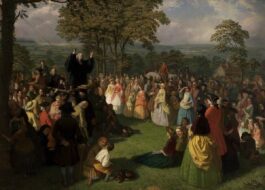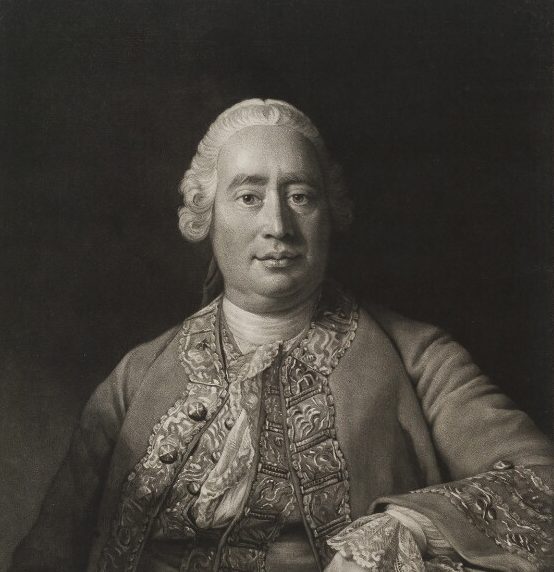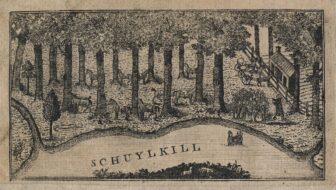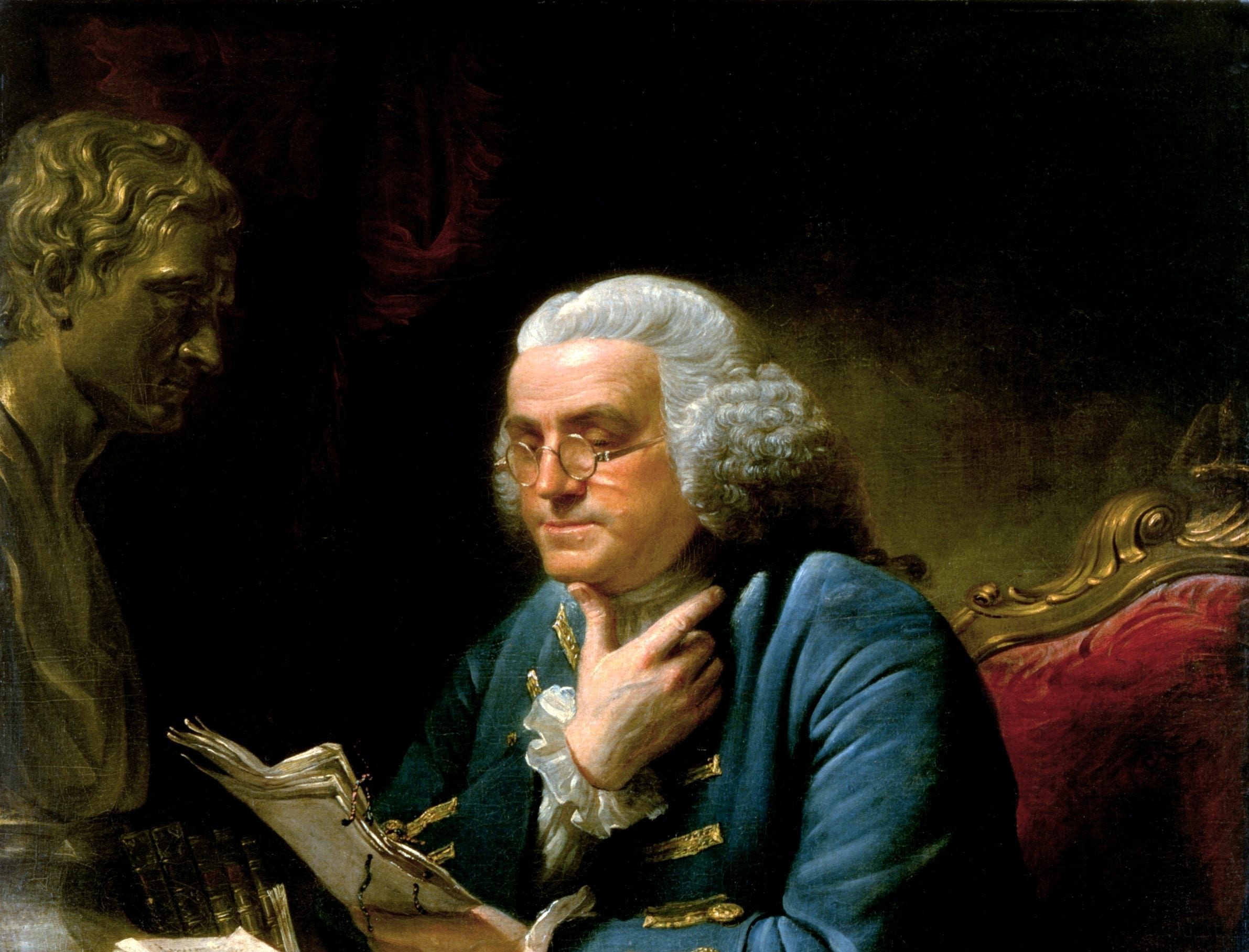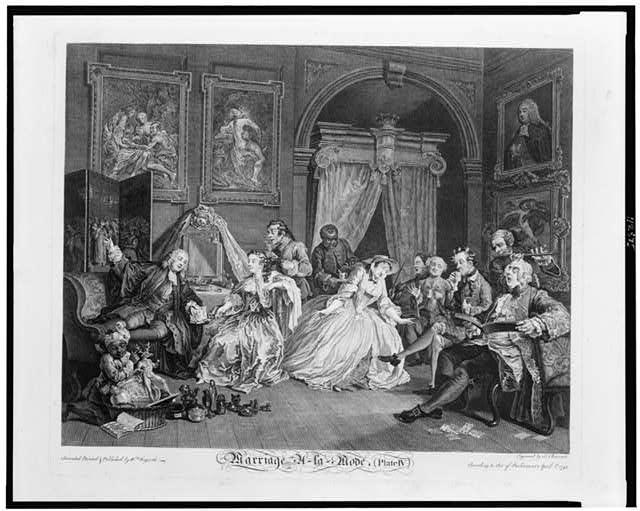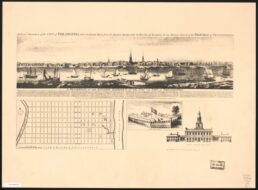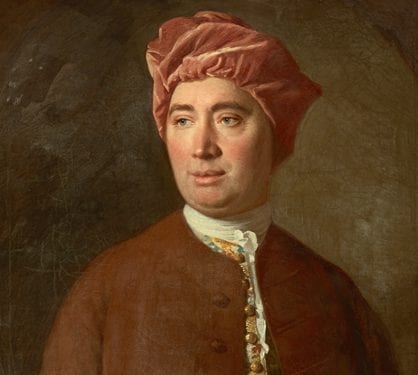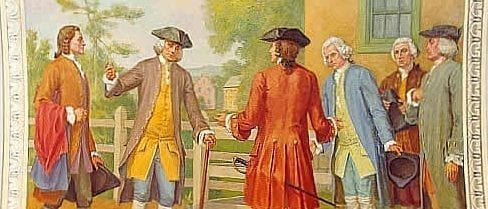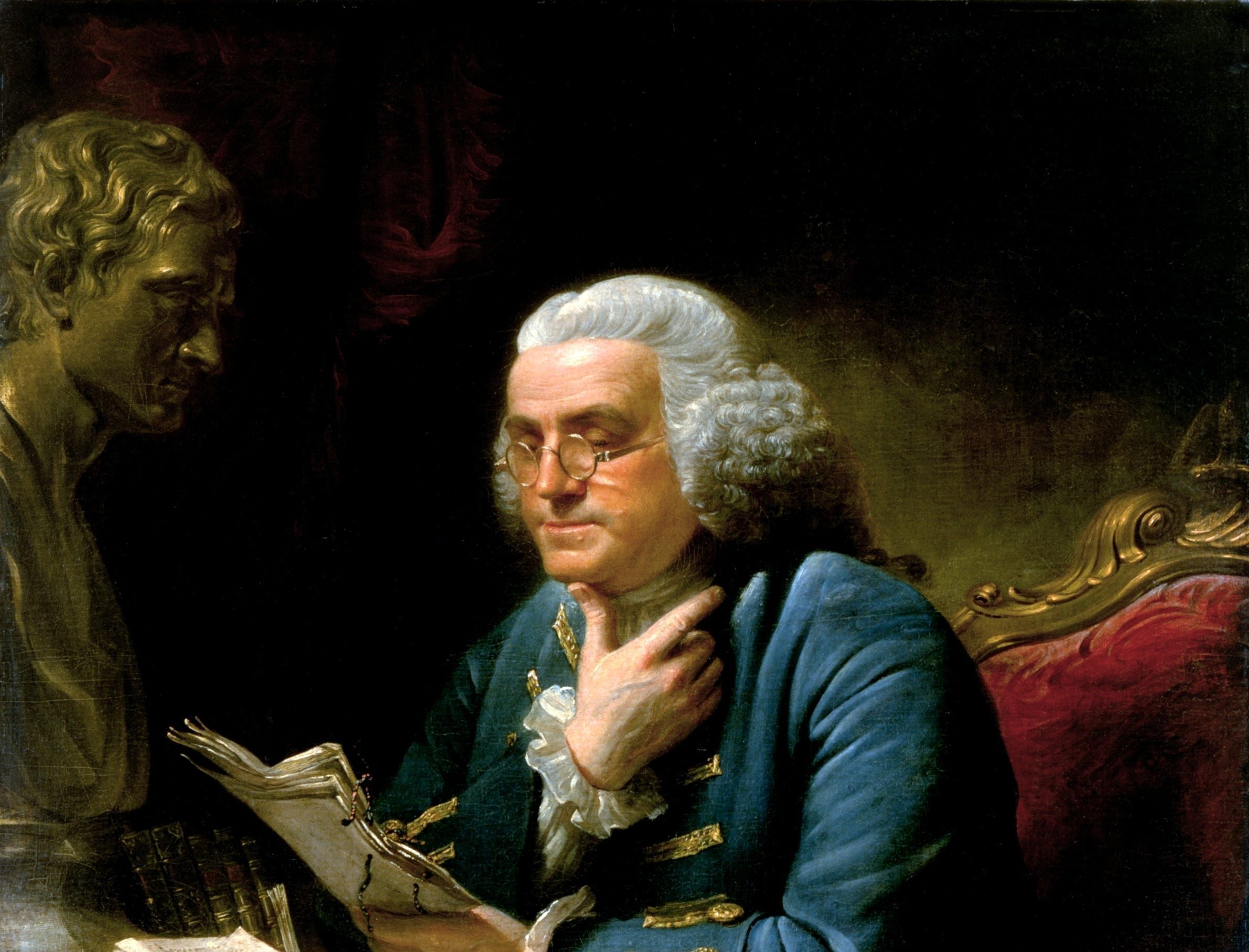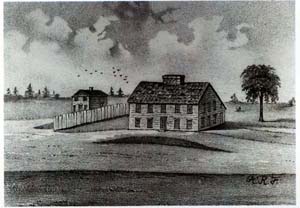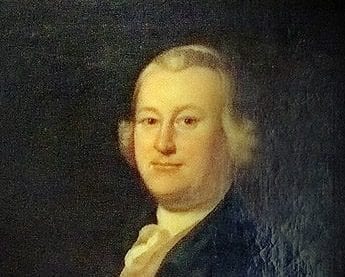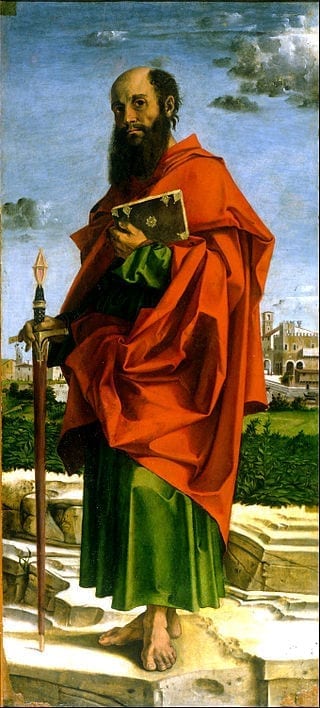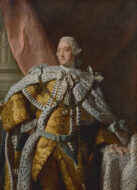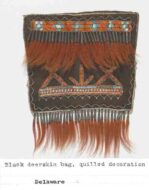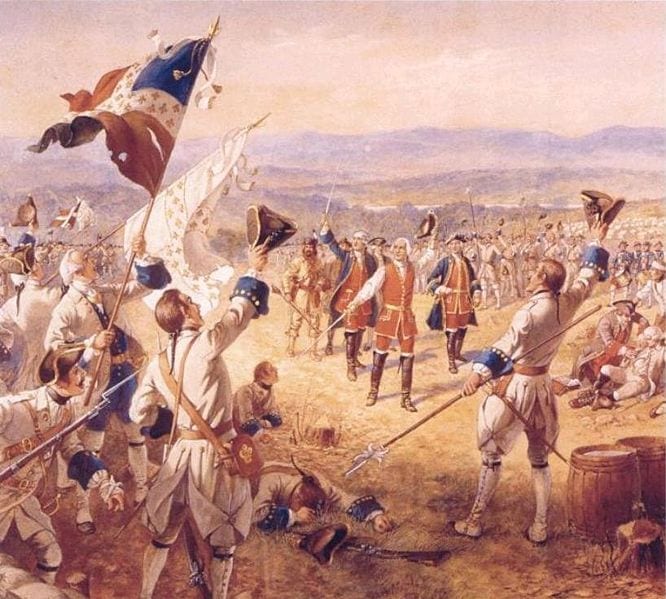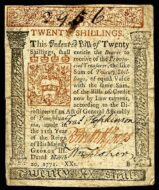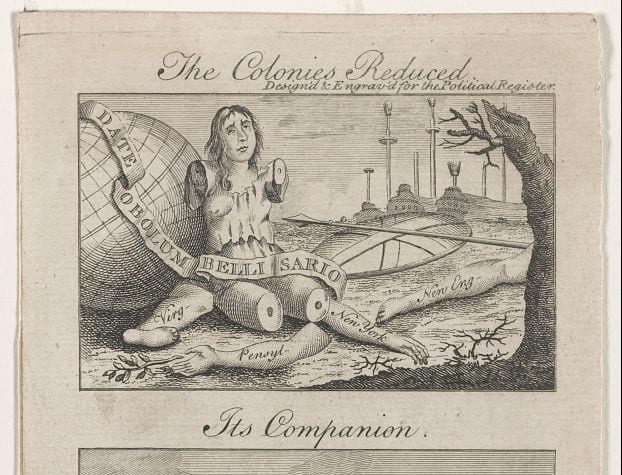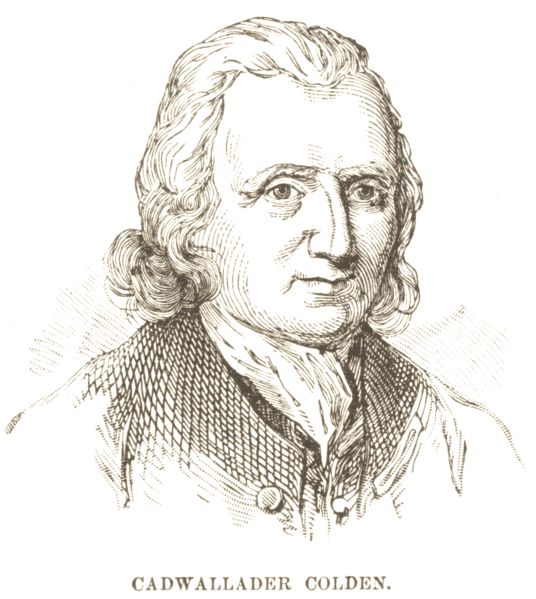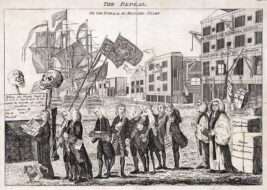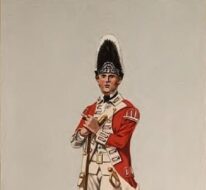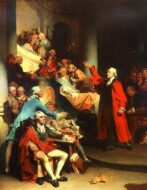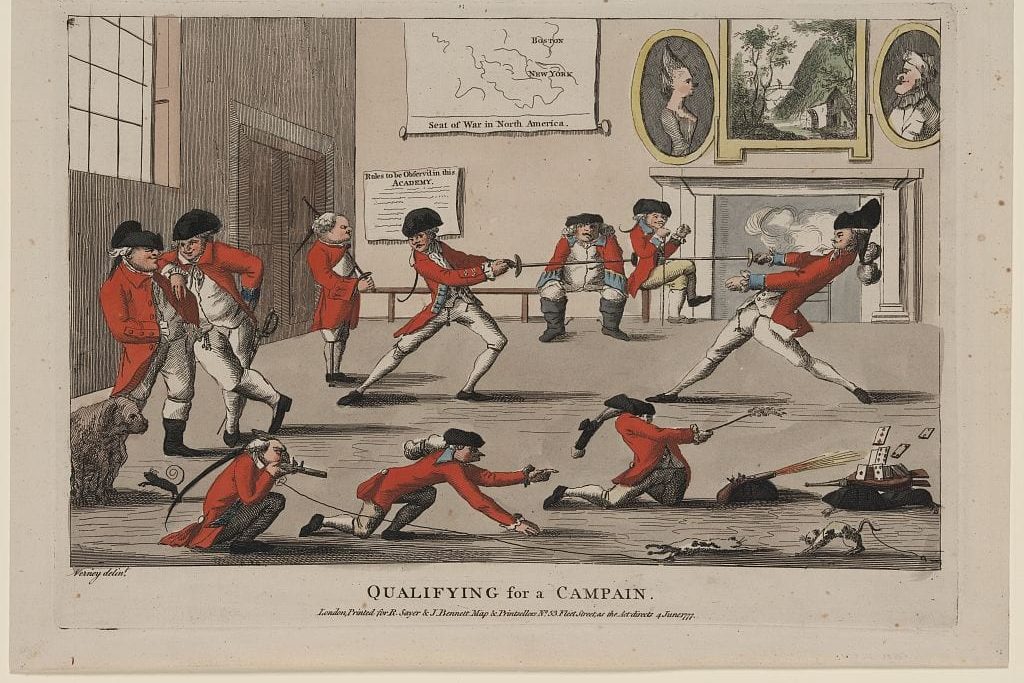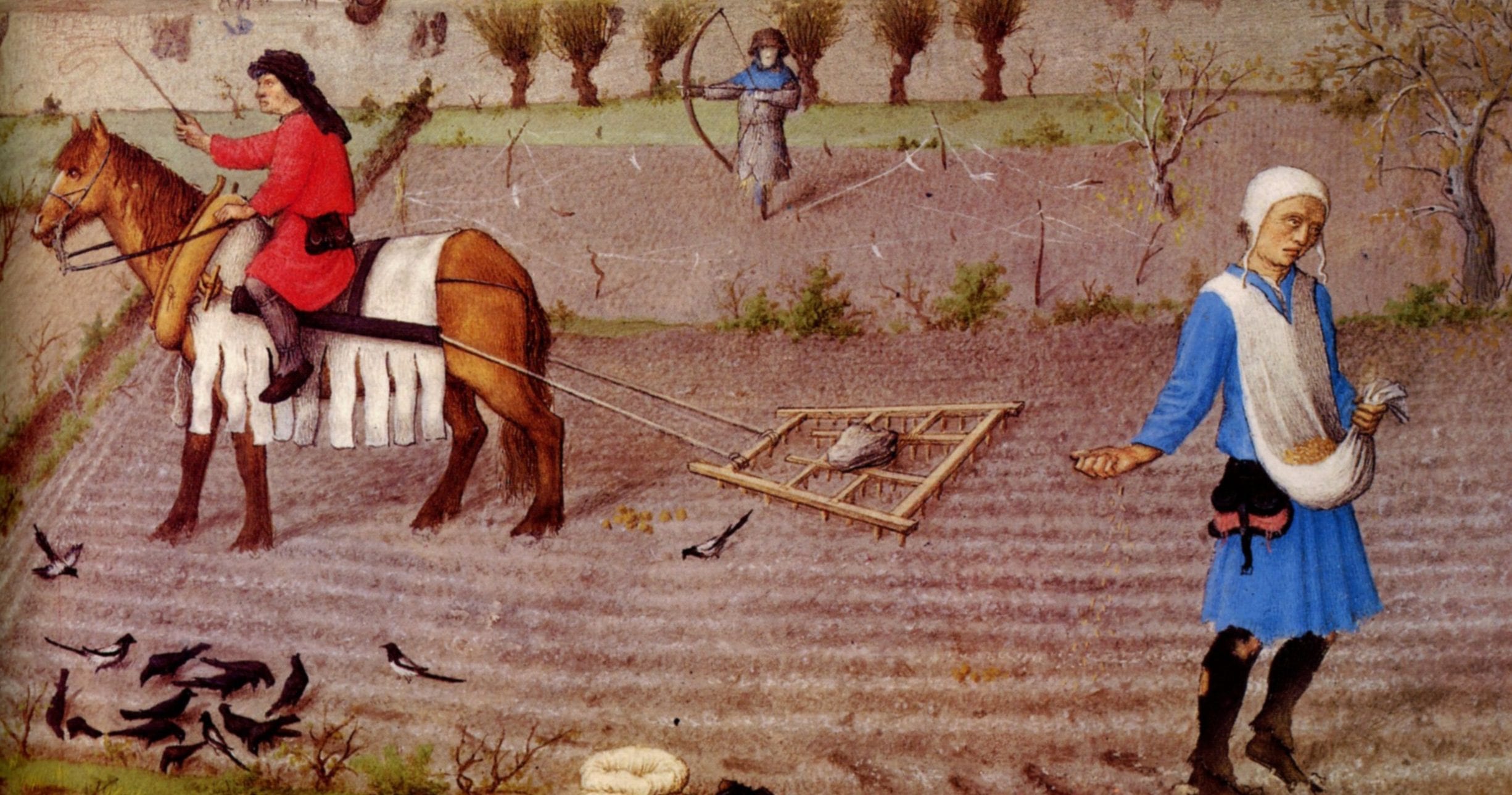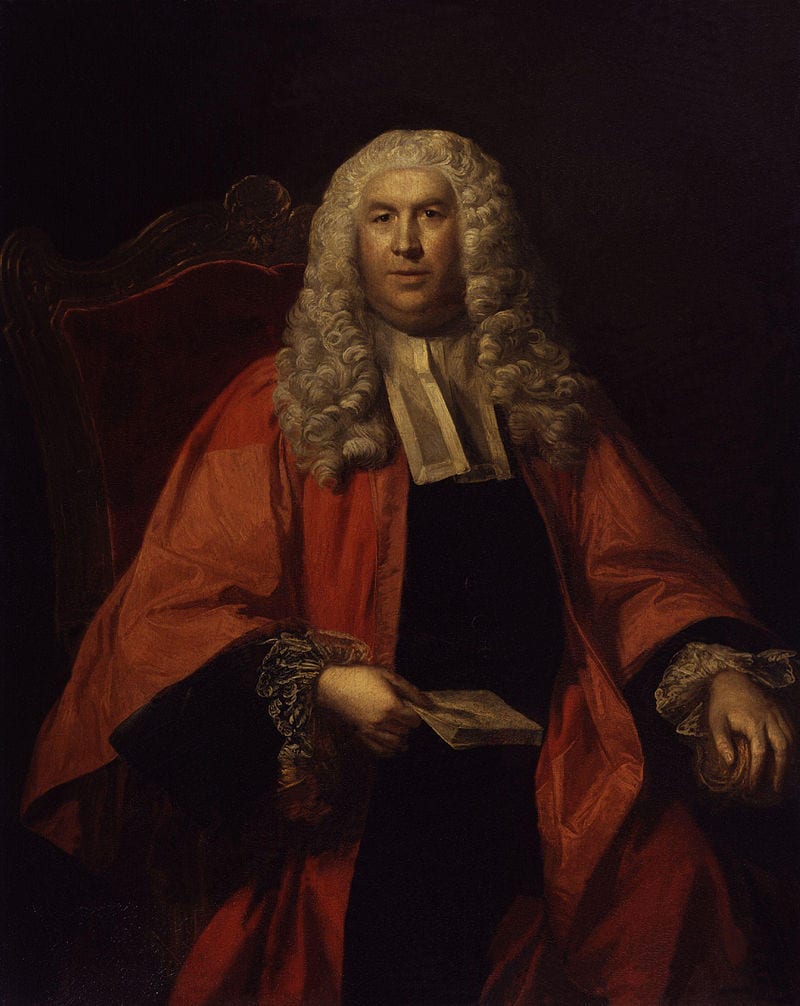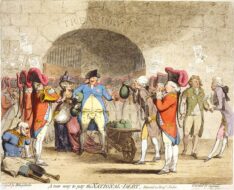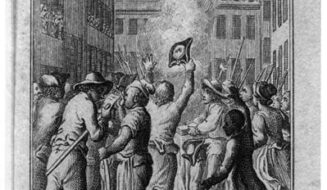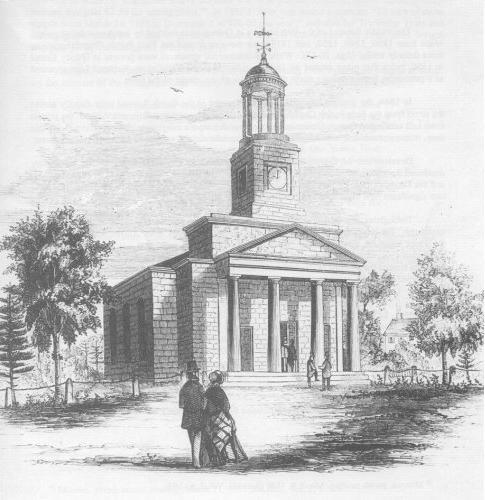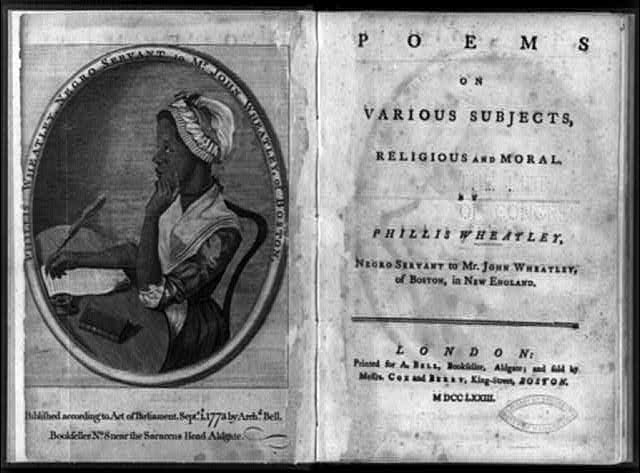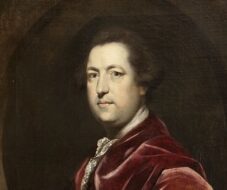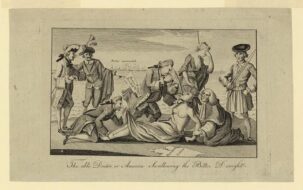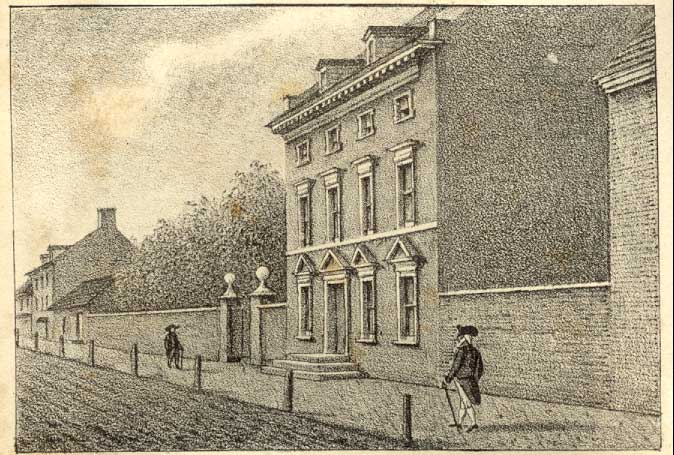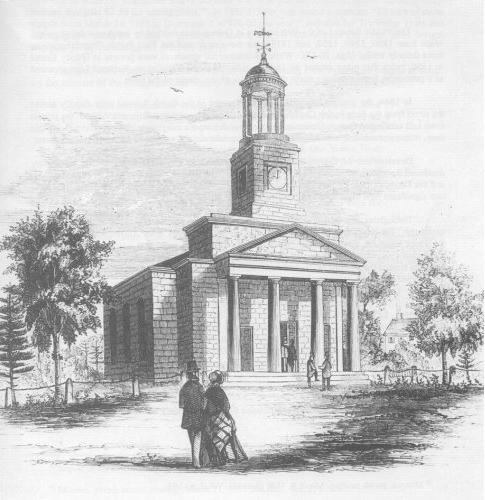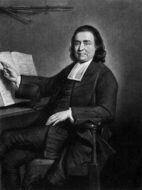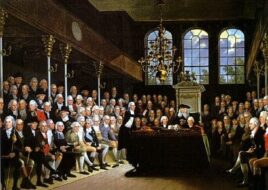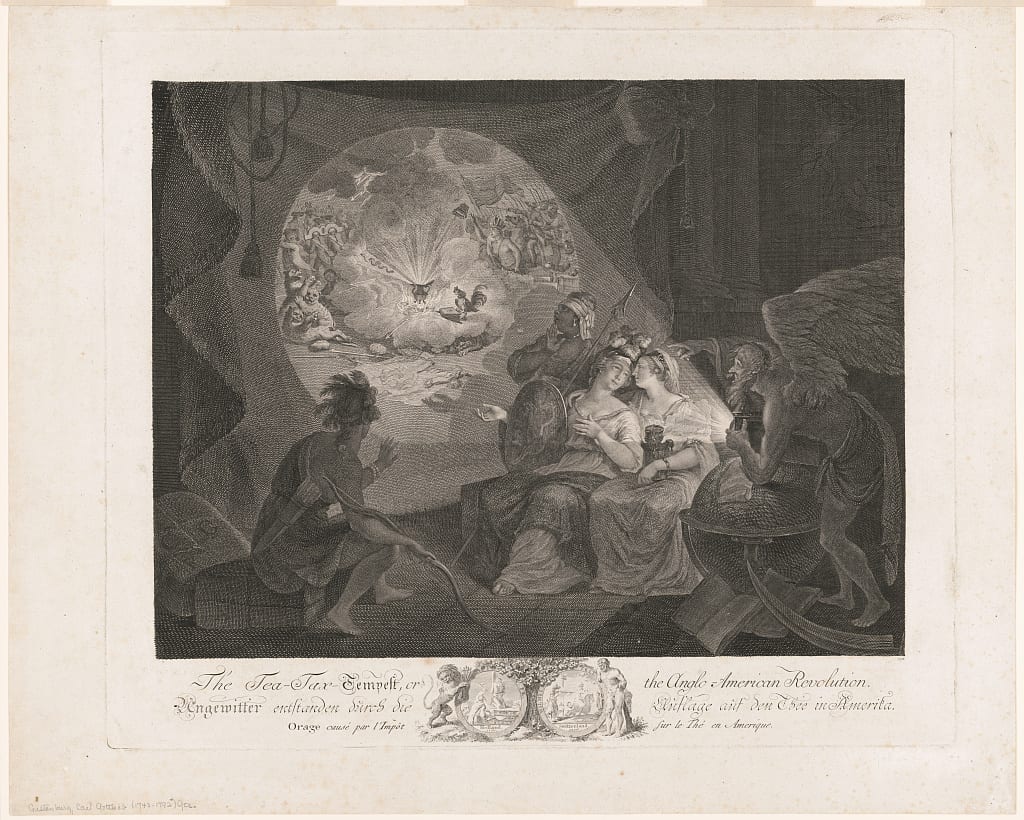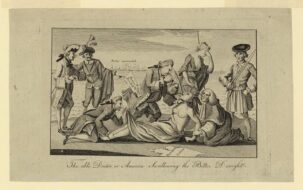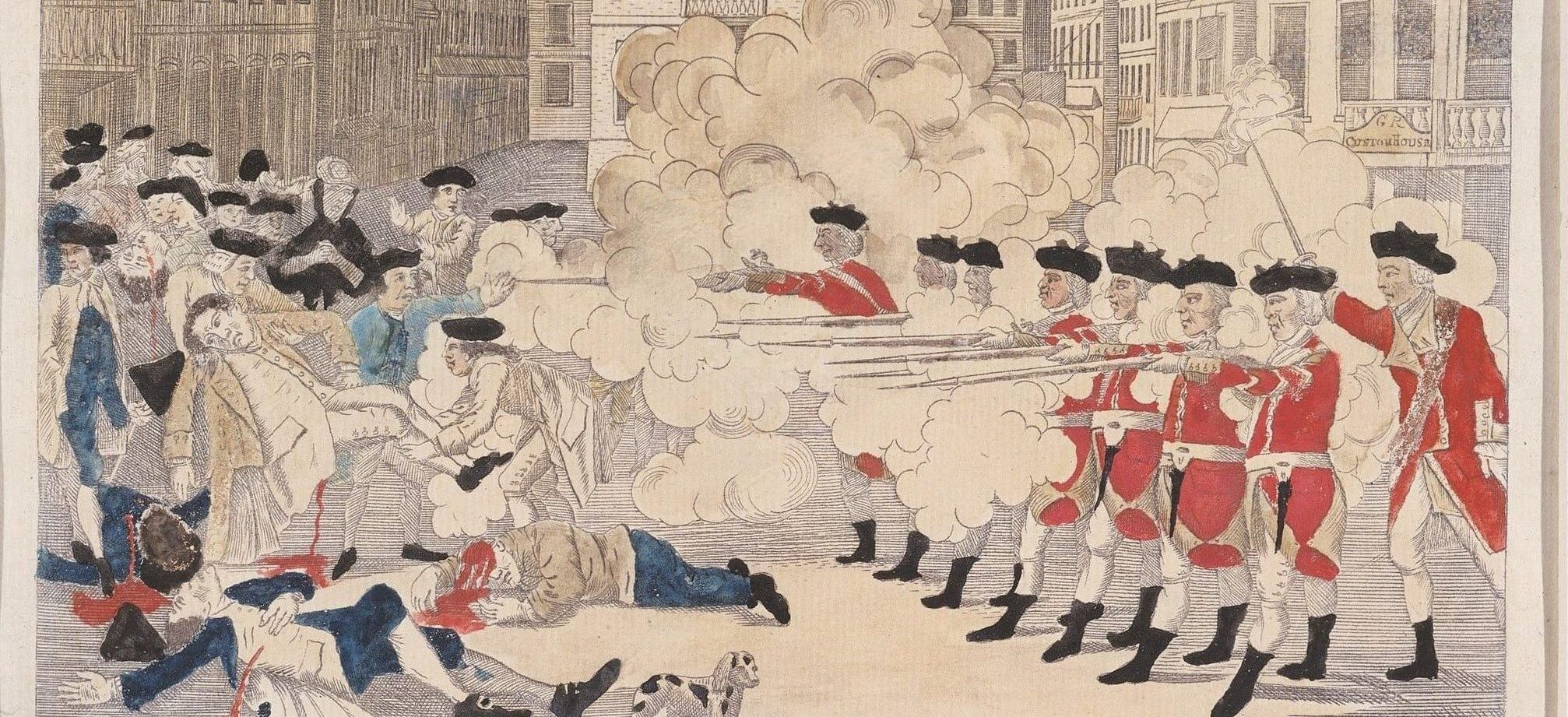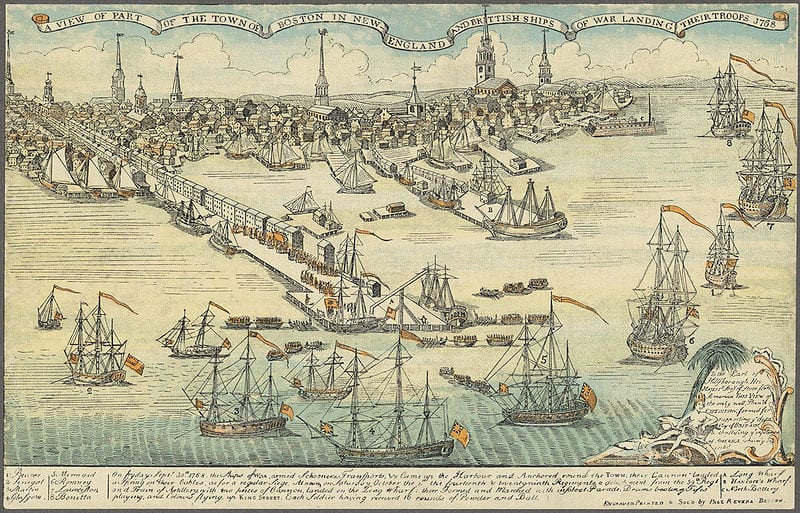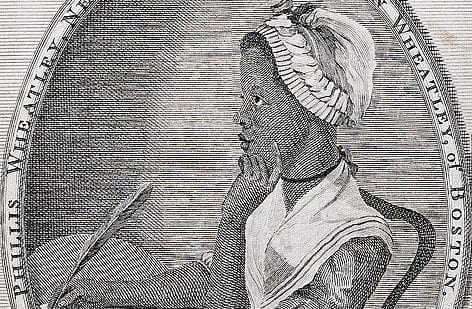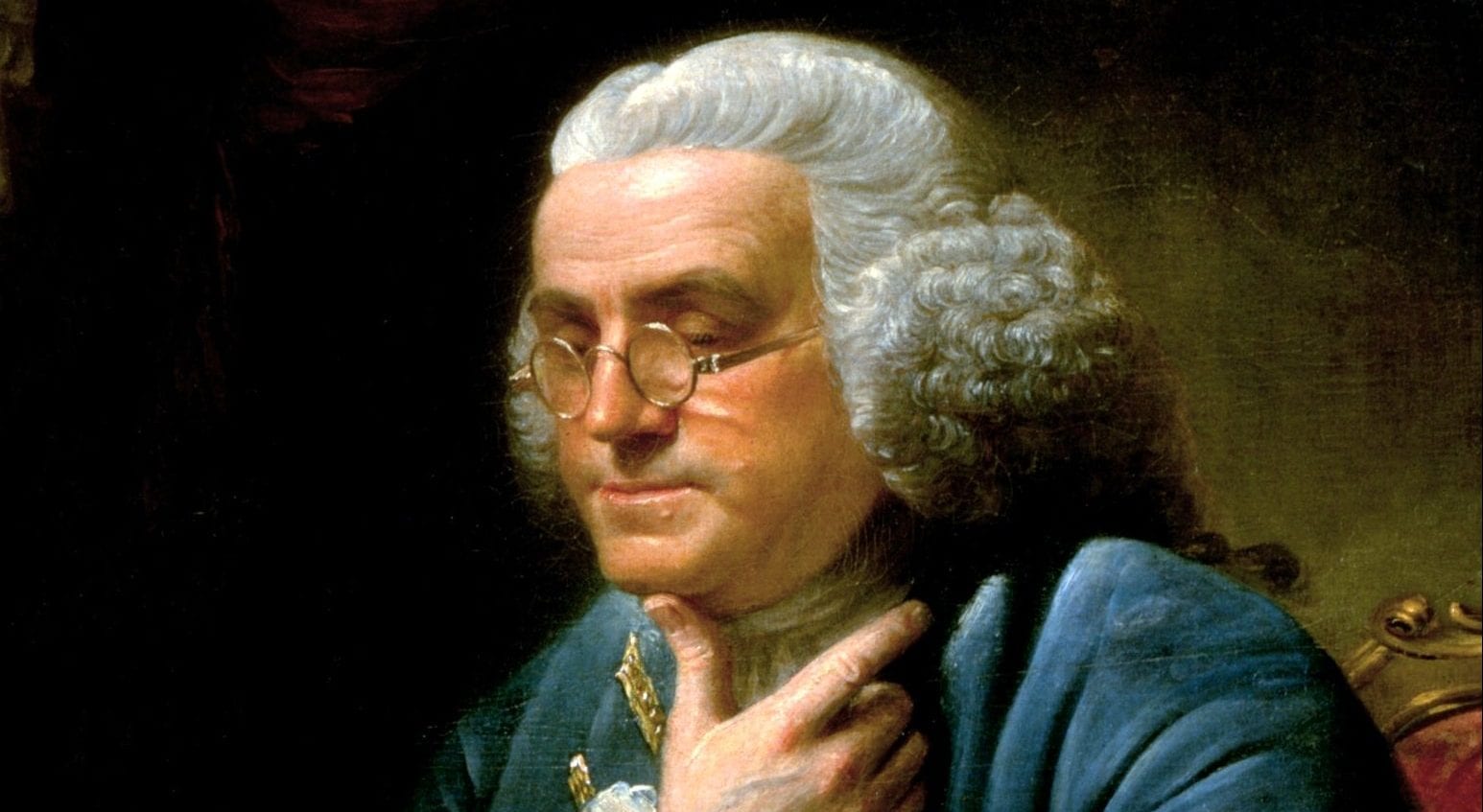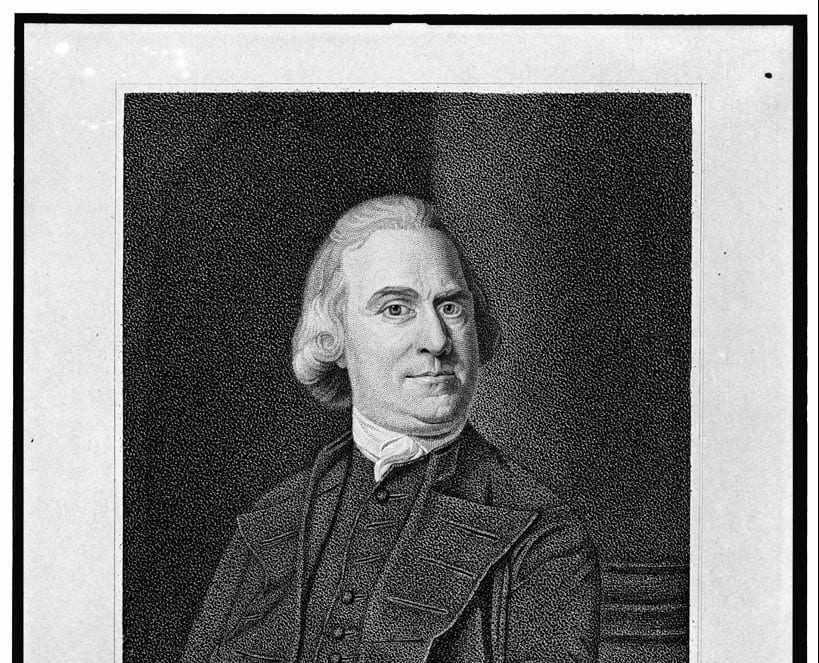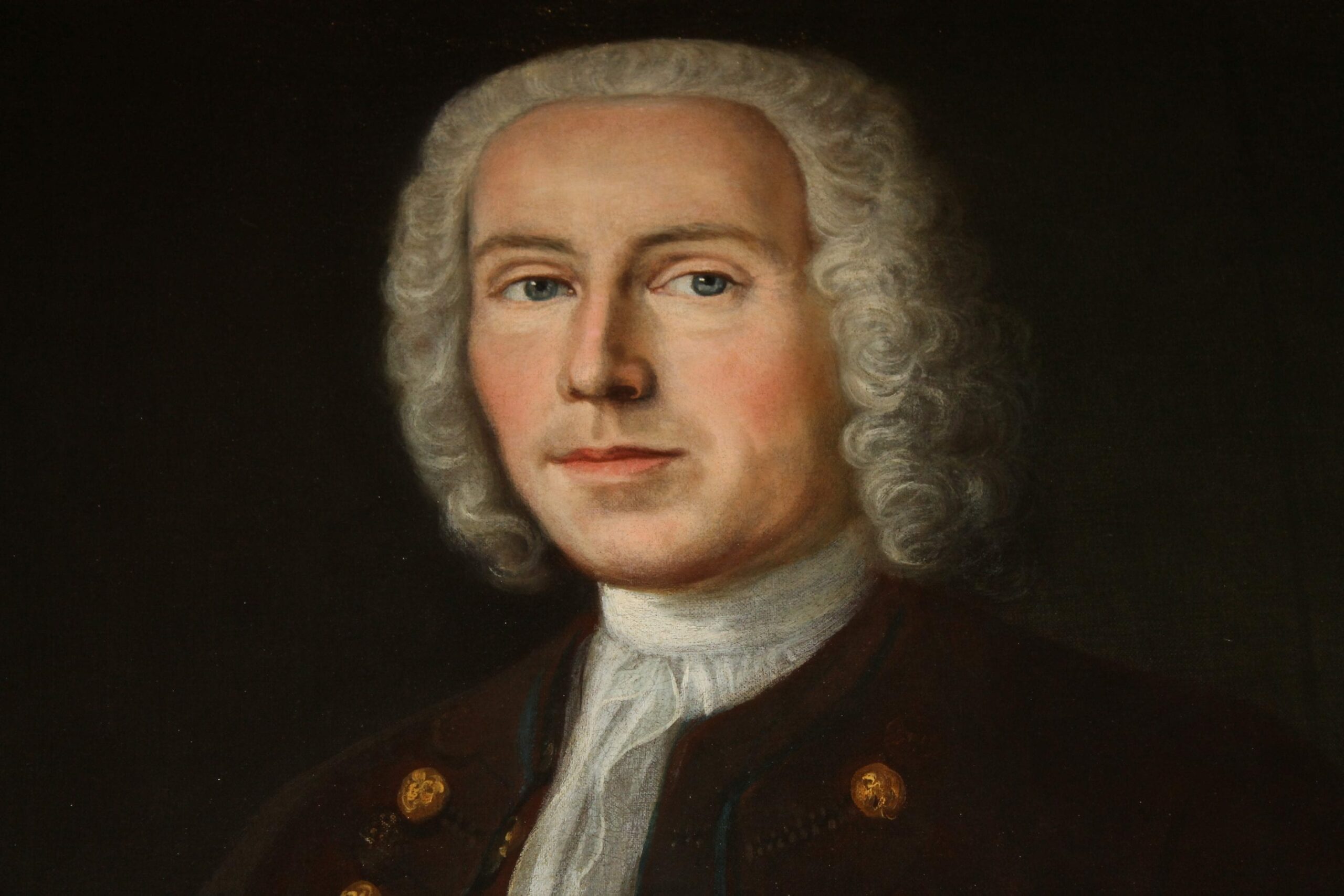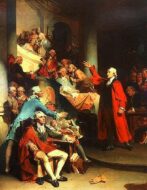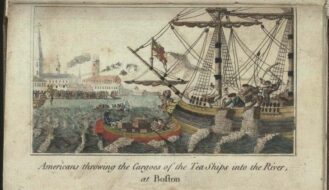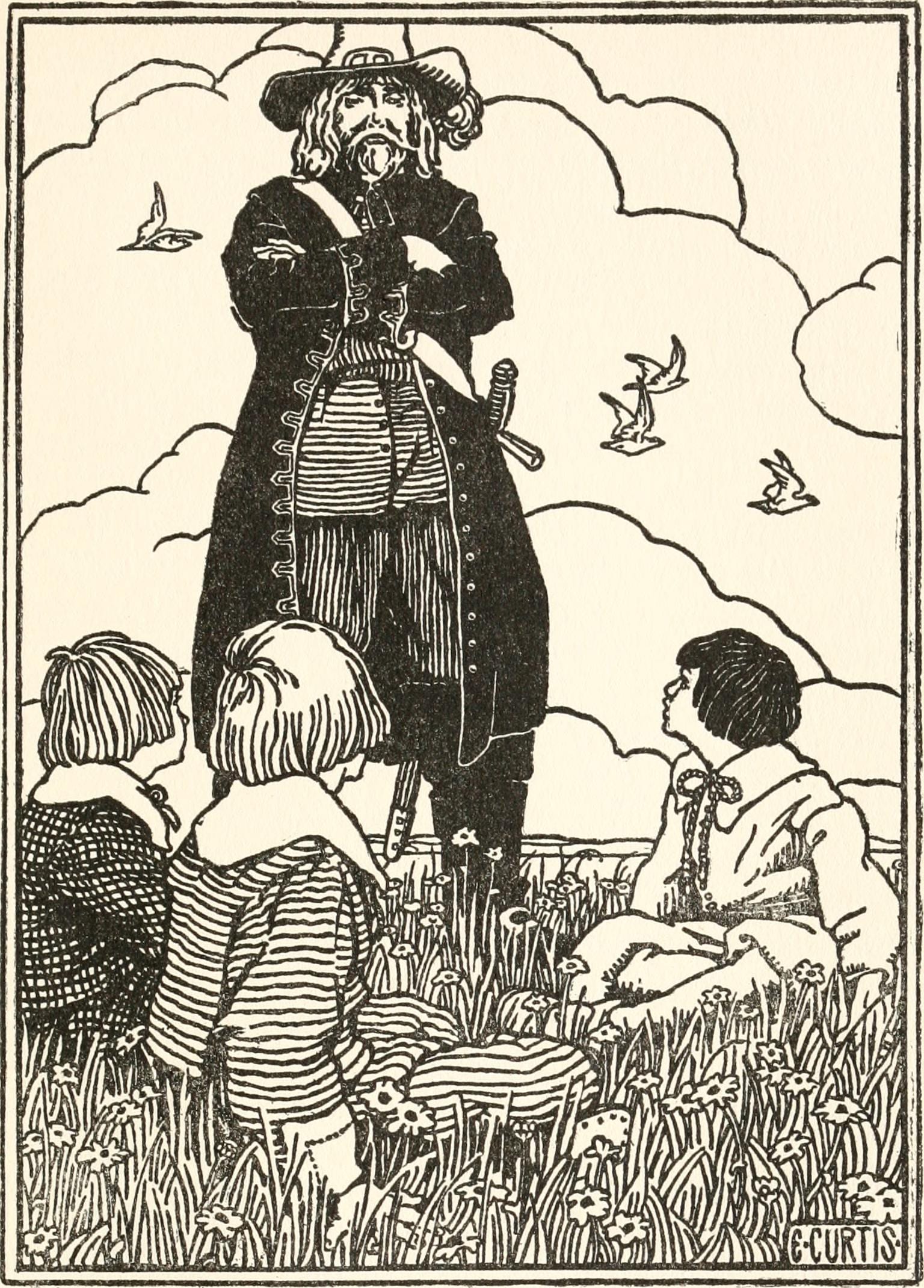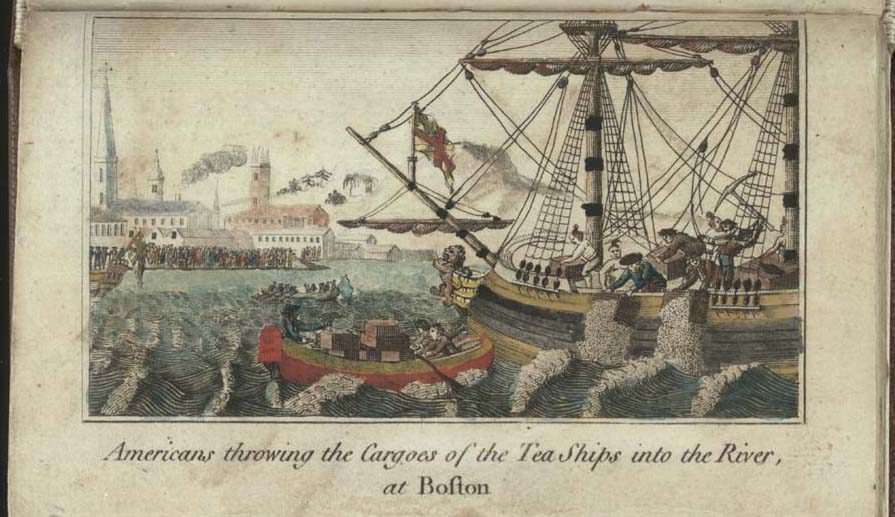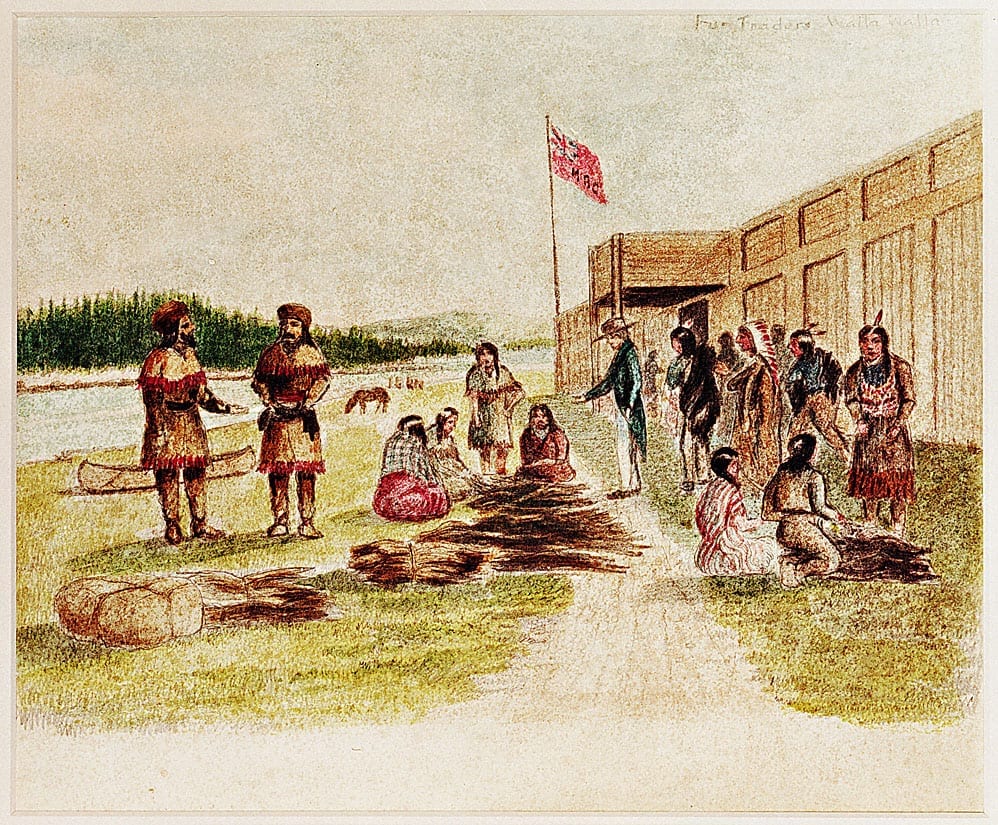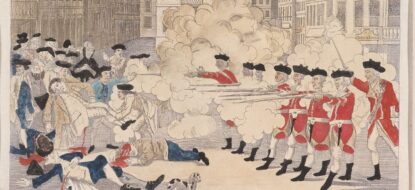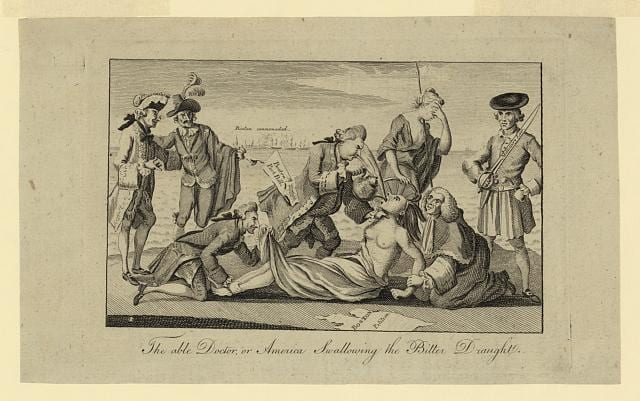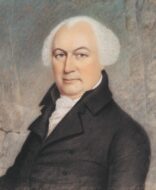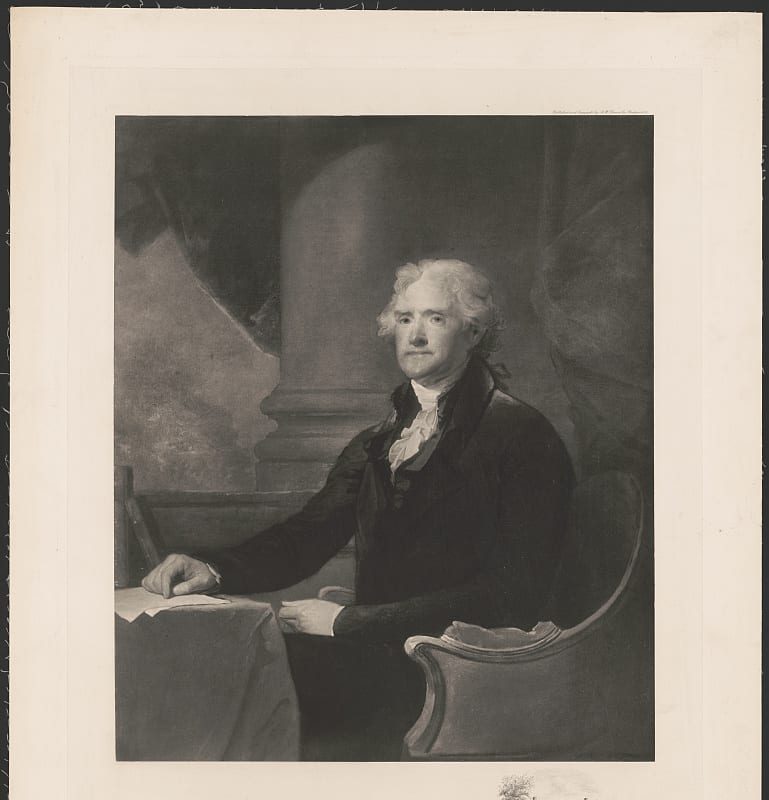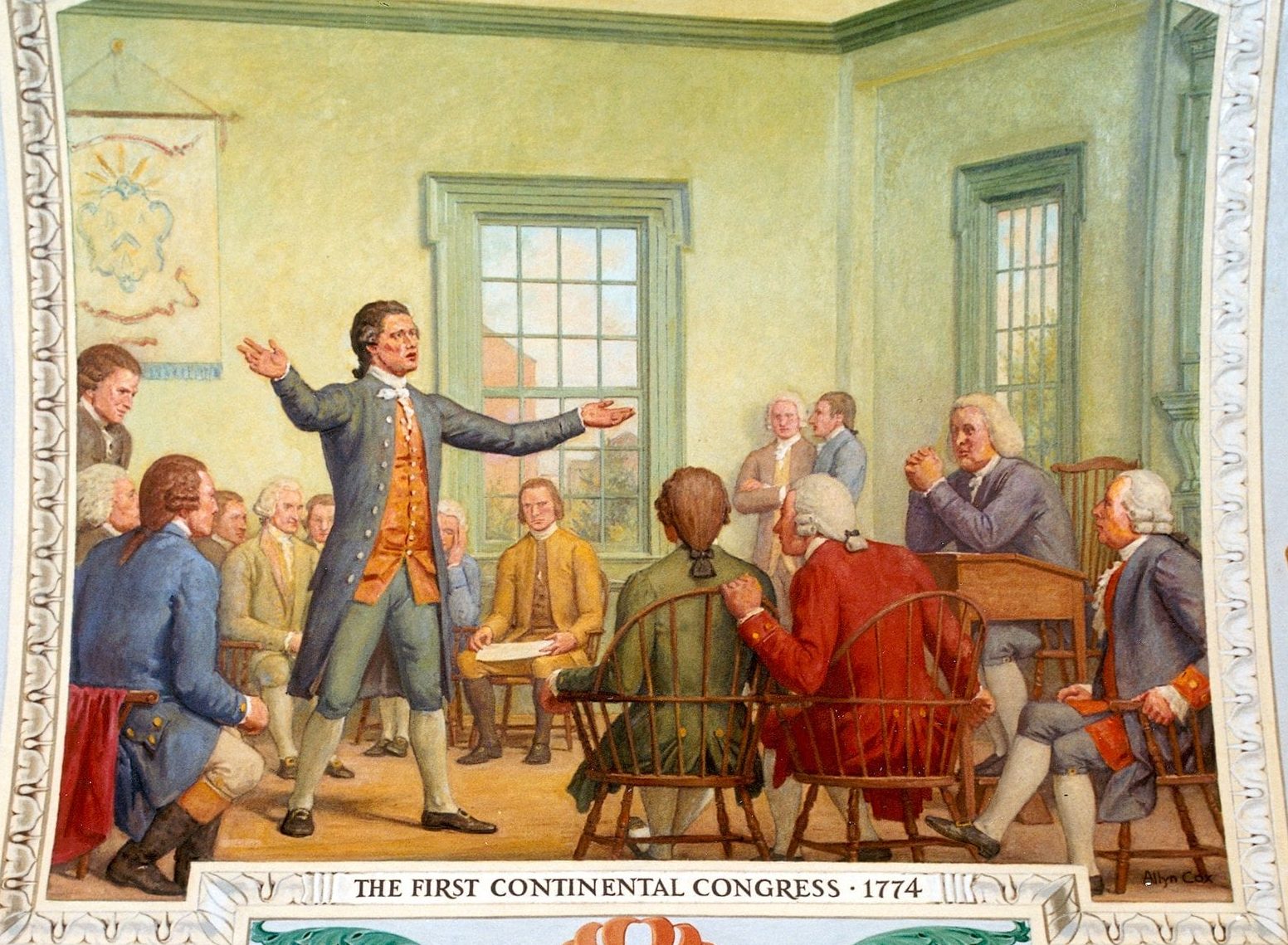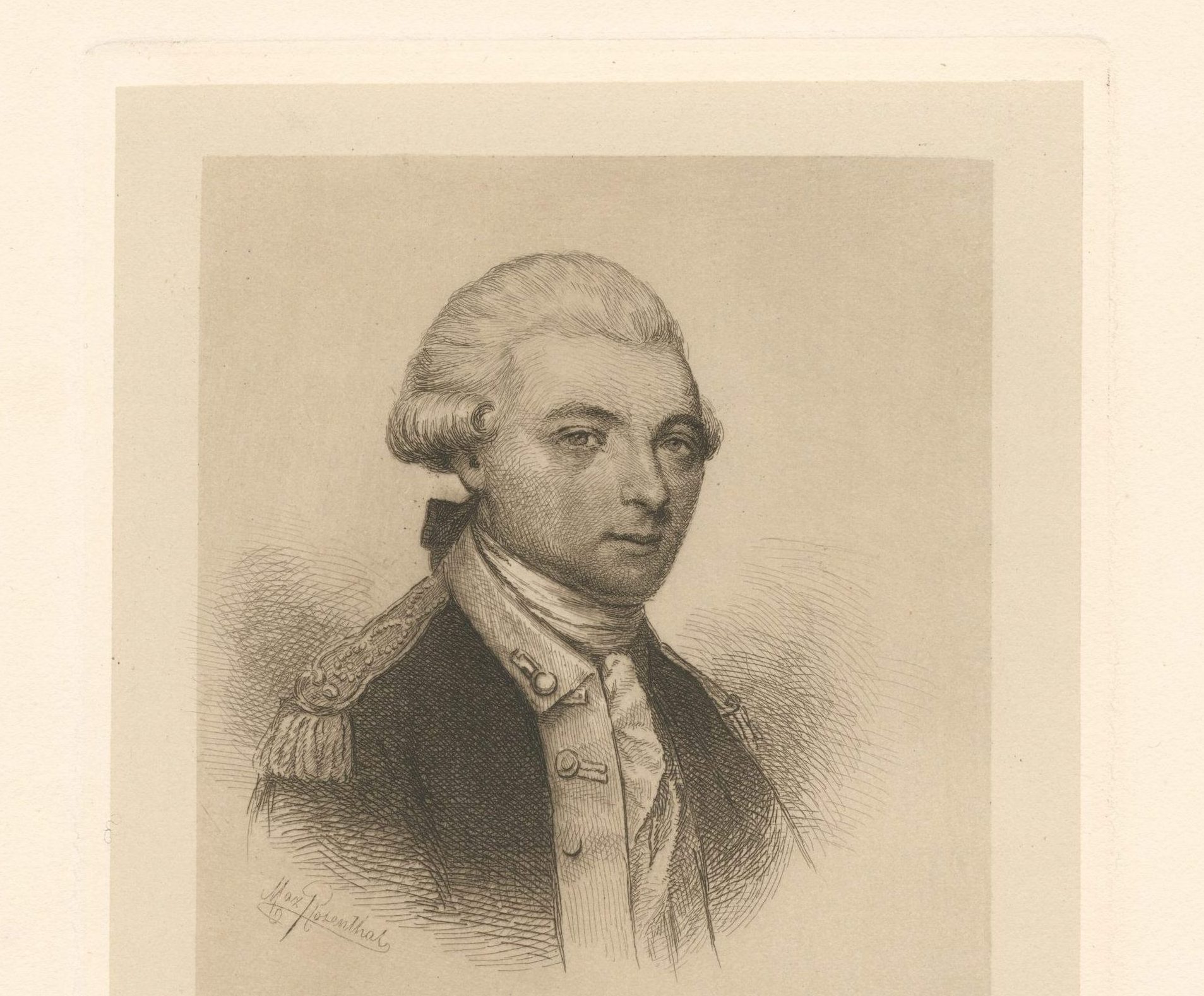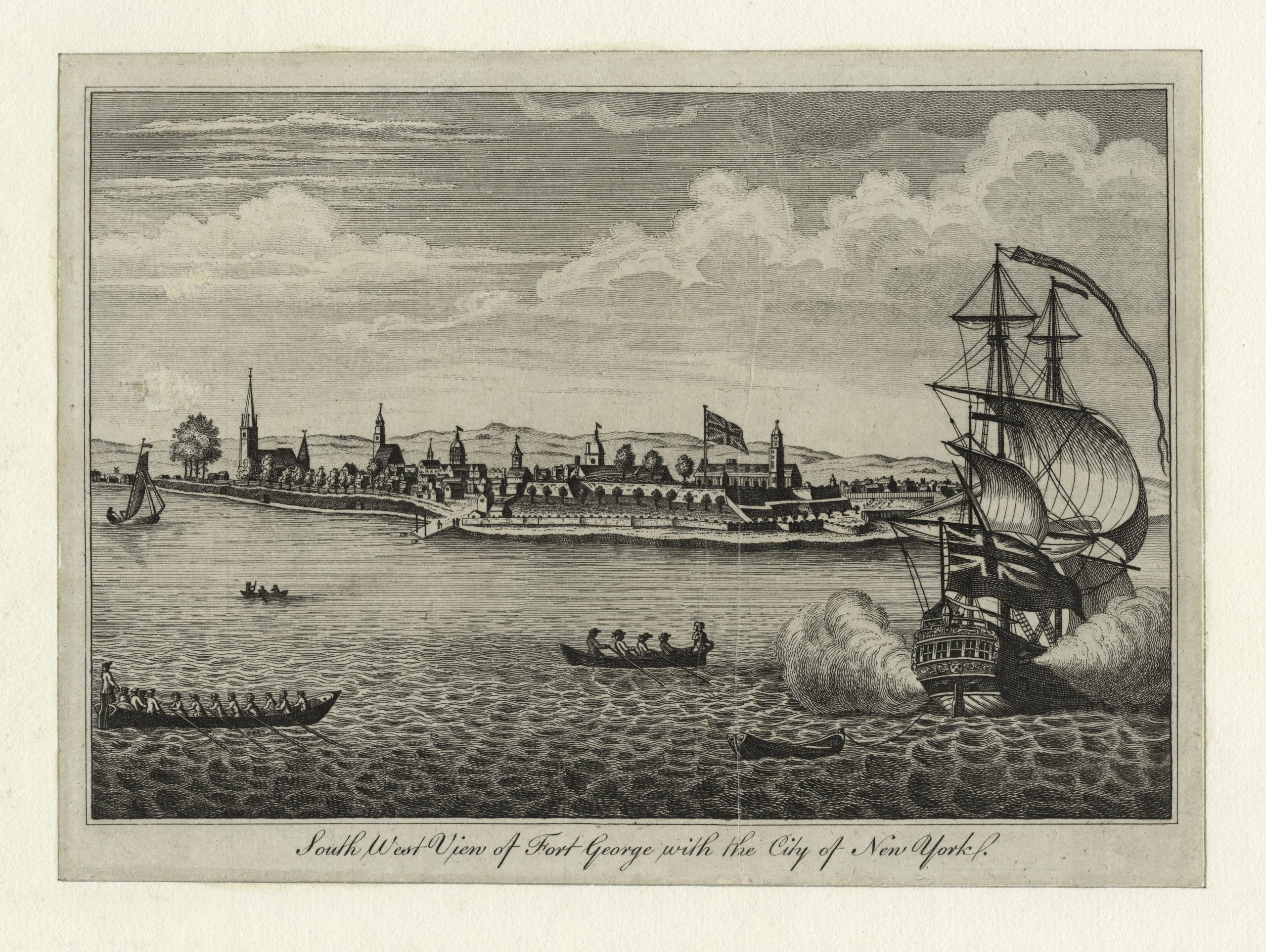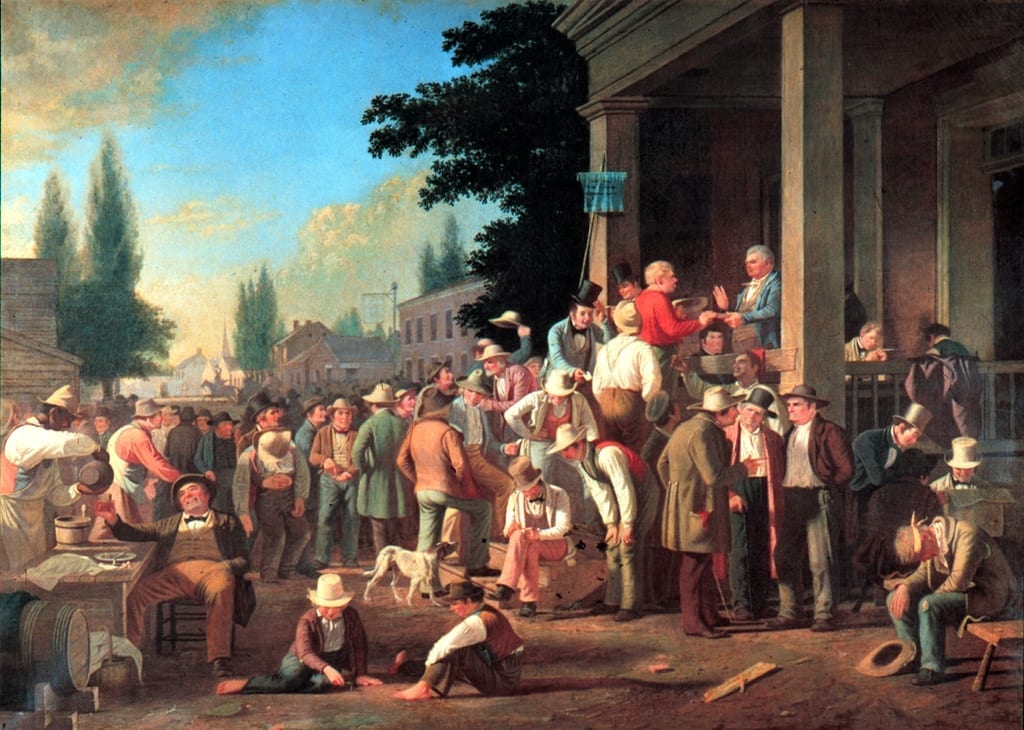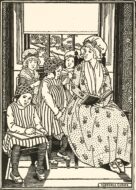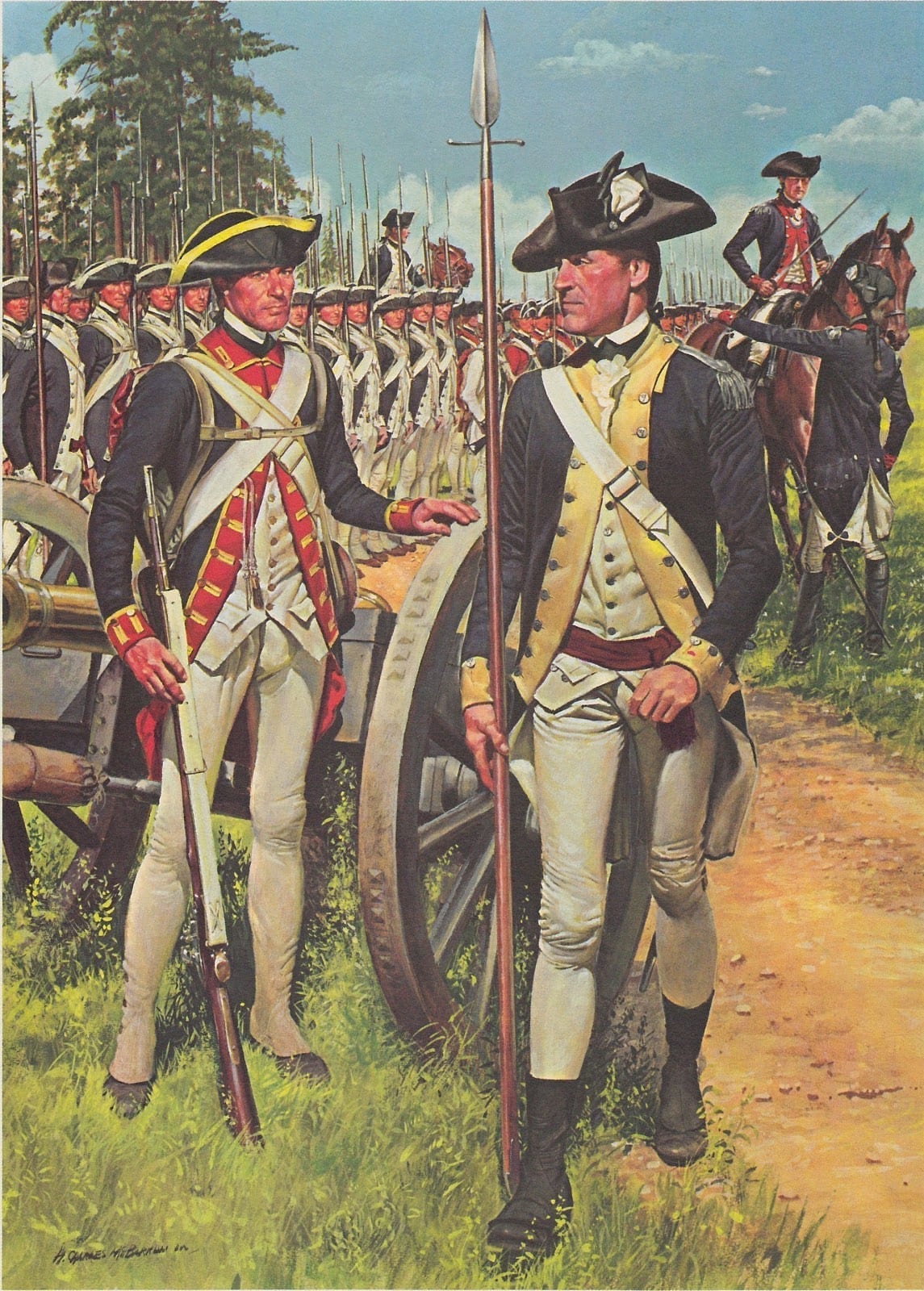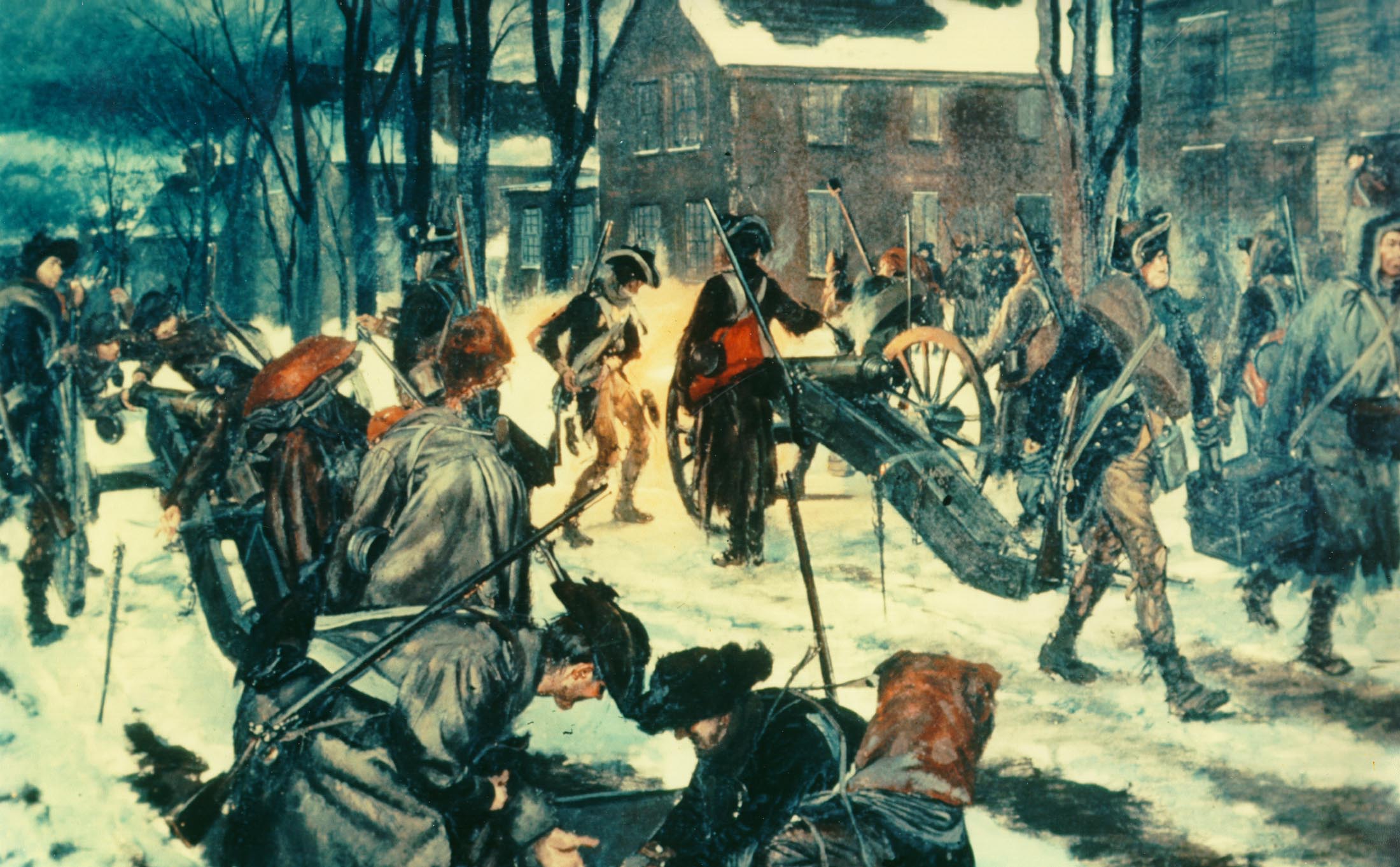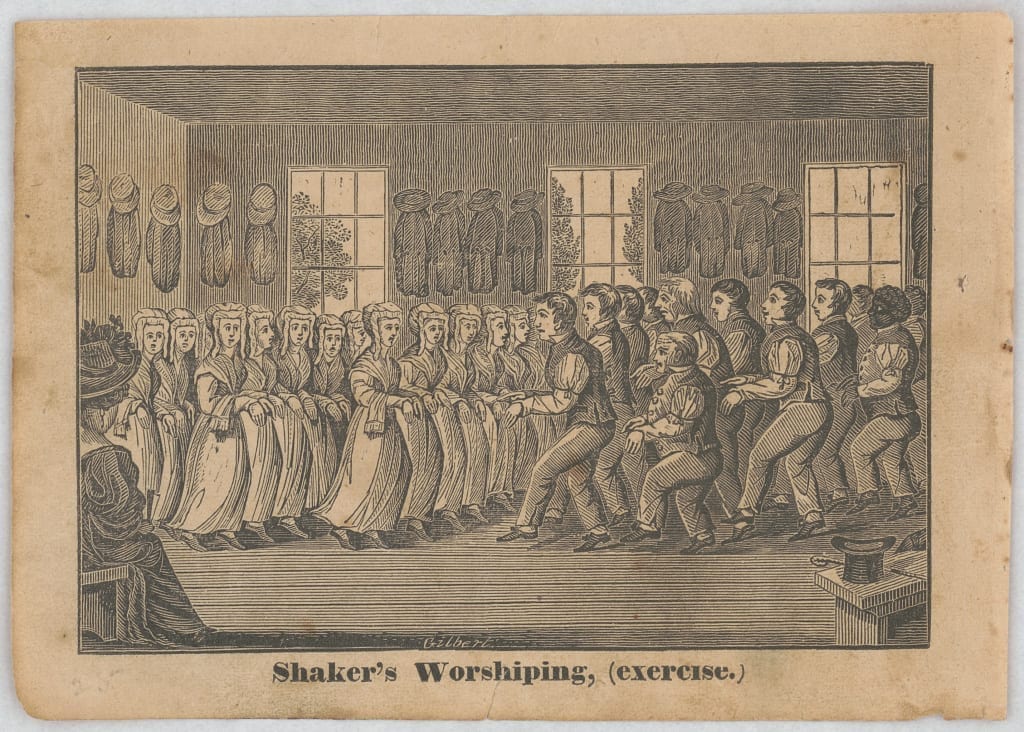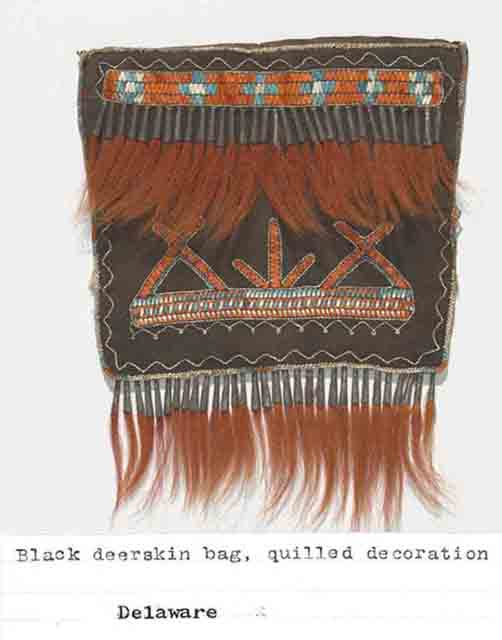
No related resources
Introduction
In 1761, a Lenni Lenape man known as Neolin (most often called simply “the Delaware Prophet”) had a vision. He was shown that Indians had lost favor with the Master of Life, the Algonkian culture hero Nanapush, by adopting too many of the white colonizers’ ways. They were to give up alcohol and guns. They were return to the bow and arrow, animal skins as clothing, and other traditional ways. If Indians did as instructed, they would again find favor with the Master of Life. The earth would renew itself, game would be plentiful, and they would have prosperity.
Neolin’s vision drew hundreds of adherents from the Algonkian-speaking tribes around the Great Lakes and began the first in a chain of four revitalization movements, commonly called Ghost Dance movements. They are more properly called “raising-up movements,” because after Neolin the key point of such movements was that if living Indians returned to their customary ways, all Indians who had died since the advent of European invasion would be “raised up,” or resurrected (See Speech of Tenskwatawa).
The Delaware Prophet’s most influential follower was Pontiac (c. 1714–1769), an Odawa war chief who used the prophet’s teachings to forge a political movement. If tribes obeyed the Master of Life’s instructions and united, they would be able to drive whites from their territory militarily. In 1763, Pontiac launched an uprising in the Great Lakes region. Though initially successful, Pontiac’s rebellion ultimately failed. Here Pontiac discussed the prophet’s vision.
Pontiac, “The Master of Life” in Collections of the Pioneer Society of the State of Michigan, Together with Reports of County Pioneer Societies (Lansing, MI: Wynkoop Hallenbeck Crawford, State Printers, 1907), www.loc.gov/item/2007498077/. In this document, text within brackets is in the source.
An Indian of the Wolf [Delaware] nation, desirous to see the “Master of Life,” as all Indians call the good God, resolved to undertake the journey to Paradise, which he knew to be his residence, without having communicated anything to his nation, or to his village. But the question arose as to the way leading there, in order to succeed in his project, and not knowing anyone who had been there and could show him the way, he began to juggle, in the hope of securing good luck, by dreaming, as it was the general rule amongst all Indians, even those who had freed themselves from most superstitions, to put great faith in their dreams, and try their best to dream them over, as this story will show farther on.
The Wolf [Delaware] Indian imagined in his dreams that it was only necessary for him to start, and that in his travel he would see the heavenly abode, which induced him, on the next day, early in the morning, to equip himself for traveling and hunting, not forgetting to take, besides his provisions and ammunition, a large kettle; and thus he set out on his journey to heaven.
The first seven days of his voyage were rather favorable for his design. He marched on without being discouraged, firmly convinced that he would arrive at his aim, and eight days had fairly passed without his having met with anything which would put obstacles to his desires. On the evening of the eighth day, at sundown, he stopped, as usual, at the border of a small prairie, which seemed to him fit for camping, on the bank of a creek. While preparing his sleeping place, he observed, on the other end of the prairie where he camped, three rather wide paths starting from one point, which seemed to him somewhat singular. Nevertheless, he continued to work, preparing his resting place, so as to have shelter against the weather, and built a fire. While doing his cooking, it appeared to him that the more it darkened by the setting of the sun, the brighter the three paths became, which surprised him to the point of frightening him, and he hesitated some moments what to do—whether to stay in his camp or to go away and camp further off, but by thinking it over, he remembered his juggleries, or rather his dream, and that he had only undertaken his journey in order to see the Master of Life. This brought him back to his senses, and believing one of these three roads to be the one which he must take to reach the place he was seeking, he resolved to remain where he was until the following day, when he would take one of these three paths, without choosing. But his curiosity hardly left him to take the rest. He abandoned his camp, started out on the path which seemed to be the widest, and marched on for half a day without seeing anything to stop him, but on resting awhile to take breath, he suddenly saw a large fire, which came out of the ground and drew his curiosity to it.
While going nearer to observe better what could only be fire, the more he advanced the larger it seemed to grow, which frightened him to the point of returning in his steps to take another road which was less wide than the first. When, having marched the same length of time as on the other, he saw the same spectacle. This awakened anew his fright, which had quieted by the change of the road, and he was obliged to change once more and take the third path, in which he marched a whole day without discovering anything. Suddenly something appeared in his view like a mountain of marvelous whiteness, which astonished him greatly; nevertheless, he advanced resolutely enough to see what there was of this mountain, at the foot of which he saw his road no longer, which made him sorry, not knowing what to do to continue his way. In this dilemma he looked all around him and saw on the top of this mountain a woman whose beauty dazzled him and whose garments made the whiteness of the snow appear dull, and who was seated. This woman said to him in his own tongue: “Thou seemest astonished no longer to see the road which leads thee to where thou wouldst go. I know that long thou hast desired to see and to speak to the Master of Life and hast undertaken this journey only to see him. The way to His abode leads over this mountain, and to scale it thou must leave behind all that thou hast and undress entirely. Leave all thy things and garments at the foot of the mountain, no one will wrong thee and after bathing in the river which I shall show thee, thou shalt ascend.” The savage Wolf obeyed the voice of this woman in every point, but there remained one difficulty to vanquish, that was, to know how to get to the top of the mountain which was plumb upright, without path and as smooth as glass. He questioned the woman upon the mode of ascending and was assured if he was truly anxious to see the Master of Life, he must make the ascent without other help than that of his left hand and left foot. This appeared impossible to the Wolf [Delaware], who, however, encouraged by this woman, commenced the task of ascending and succeeded by very hard work. When he arrived at the top he was very much astonished not to see any one. The woman had disappeared and he saw himself alone, without guide, to the right of three villages, which made him confused. He did not know them, but they appeared differently constructed from those of his people, handsomer and in better order. After dreaming some time as to what he should do, he advanced toward the one which seemed to him to look the handsomest, but after having proceeded a little more than halfway along the top of the mountain, he bethought himself of being nude and was afraid to proceed farther; but he heard a voice which told him to go on, he need not fear; having bathed, as he did, he proceeded in confidence. Therefore, he did not hesitate to go up to a place, which seemed to him to be the village gate and stopped there, waiting for it to open that he might enter. While he examined the beautiful outside appearance of the village, the gate opened and he saw coming to him a beautiful man, clothed wholly in white, who took him by the hand and said that he would satisfy him and let him speak to the Master of Life. The Wolf [Delaware] allowed himself to be led and both arrived in a place whose beauty had no equal, and which the savage could not sufficiently admire, where he saw the Master of Life, who took him by the hand and gave him a hat trimmed all around in gold, to sit down upon. The Wolf hesitated to do so from fear of spoiling the hat, but was ordered to do so and obeyed without reply.
The savage being seated, the good God said to him: “I am the Master of Life, whom thou desirest to know and to whom thou wouldst speak. Listen well to what I am going to say to thee and all thy red brethren. I am he who made heaven and earth, the trees, lakes, rivers, all men, and all that thou seest, and all that thou hast seen on earth. Because [I have done this and because] I love you, you must do what I say and [leave undone] what I hate. I do not like that you drink until you lose your reason, as you do; or that you fight with each other; or that you take two wives, or run after the wives of others; you do not well; I hate that. You must have but one wife, and keep her until death. When you are going to war, you juggle, join the medicine dance, and believe that I am speaking. You are mistaken, it is to Manitou1 to whom you speak; he is a bad spirit who whispers to you nothing but evil, and to whom you listen because you do not know me well. This land, where you live, I have made for you and not for others. How comes it that you suffer the whites on your lands? Can you not do without them? I know that those whom you call the children of your Great Father2 supply your wants, but if you were not bad, as you are, you would well do without them. You might live wholly as you did before you knew them. Before those whom you call your brothers came on your lands, did you not live by bow and arrow? You had no need of gun nor powder, nor the rest of their things, and nevertheless you caught animals to live and clothe yourselves with their skins, but when I saw that you were inclined to the evil, I called back the animals into the deep woods, so that you had need of your brothers to have your wants supplied and cover you. You have only to become good and do what I want, and I shall send back to you the animals to live on. I do not forbid you, for all that, to suffer amongst you the children of your father.3 I love them, they know me and pray to me, and I give them their necessities and all that they bring to you, but as regards those who have come to trouble your country, drive them out, make war on them. I love them not, they know me not, they are my enemies and the enemies of your brothers. Send them back to the country which I made for them. There let them remain.

Conversation-based seminars for collegial PD, one-day and multi-day seminars, graduate credit seminars (MA degree), online and in-person.
